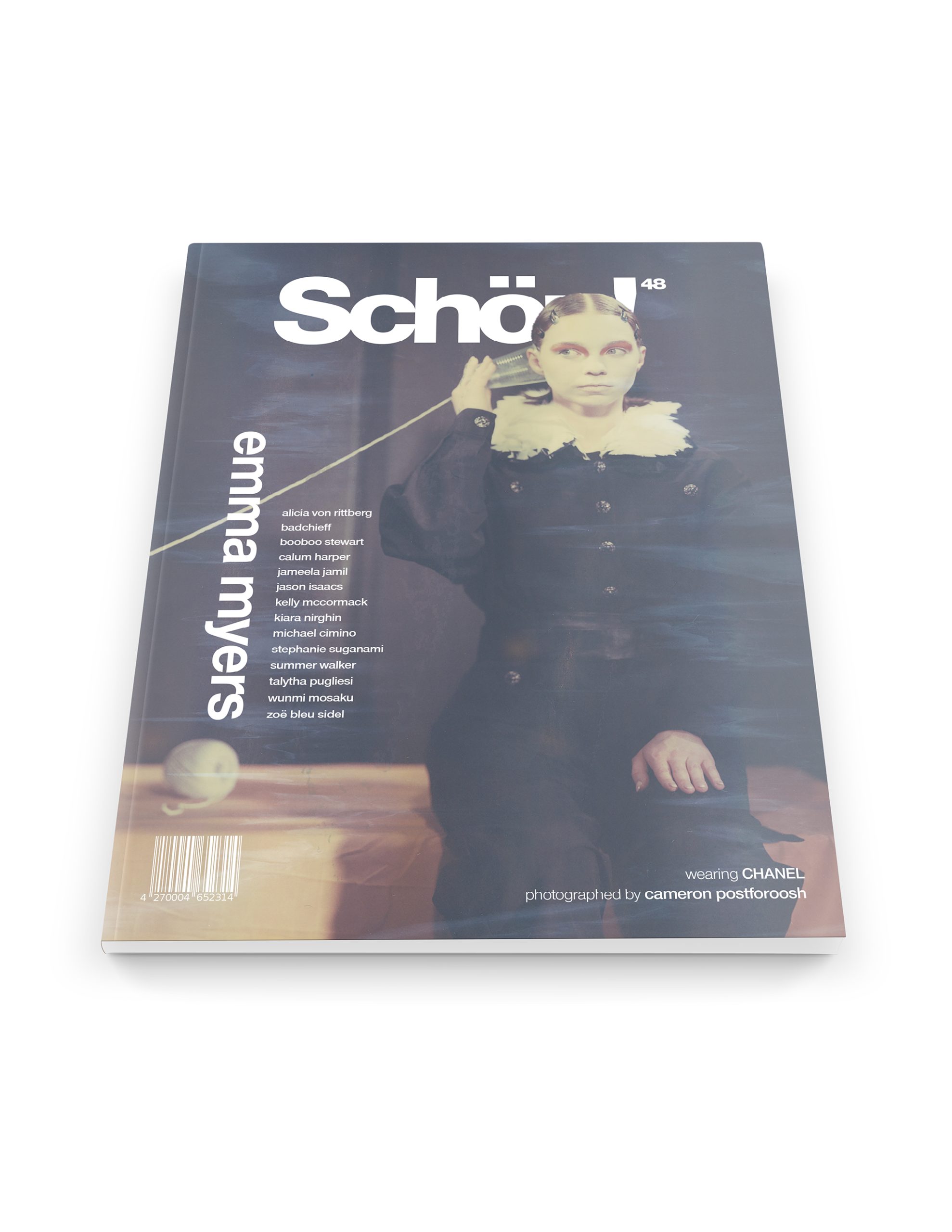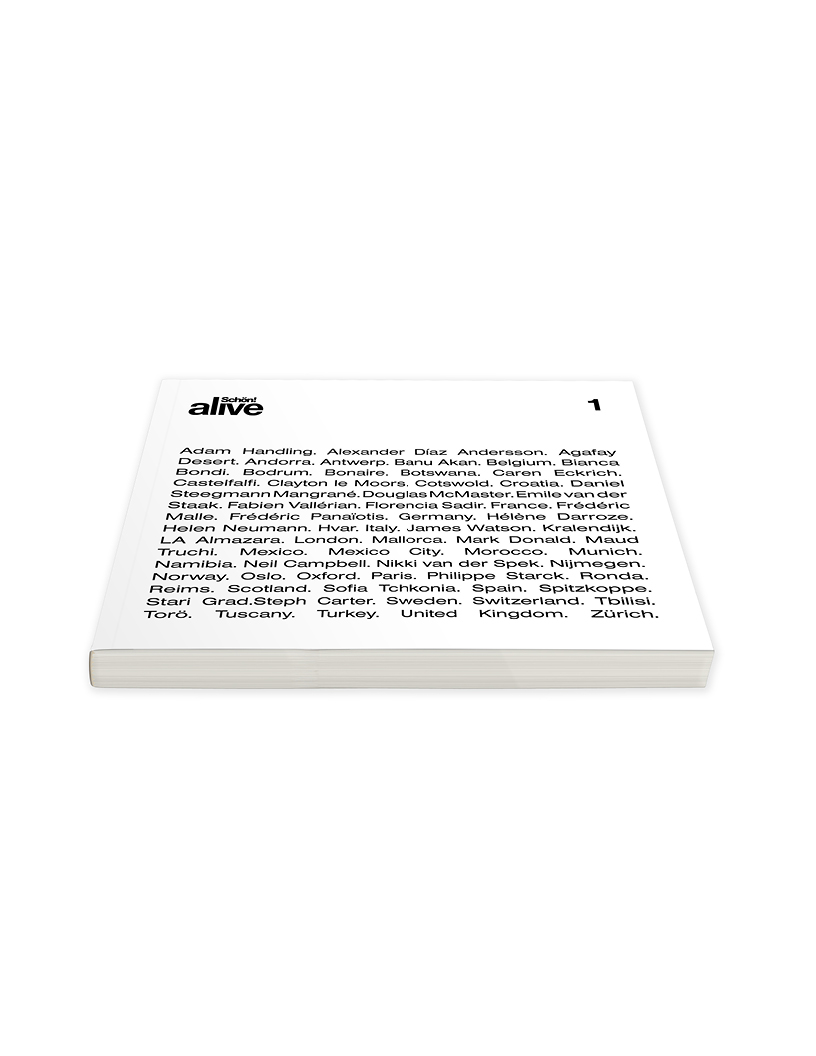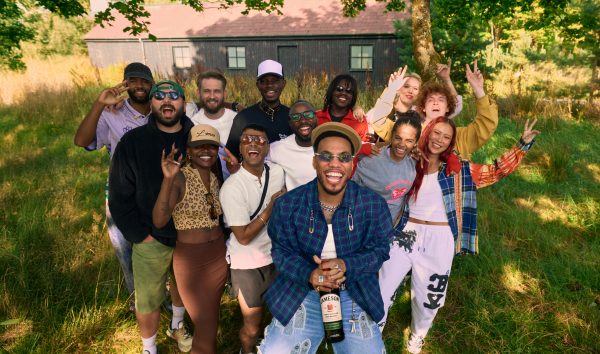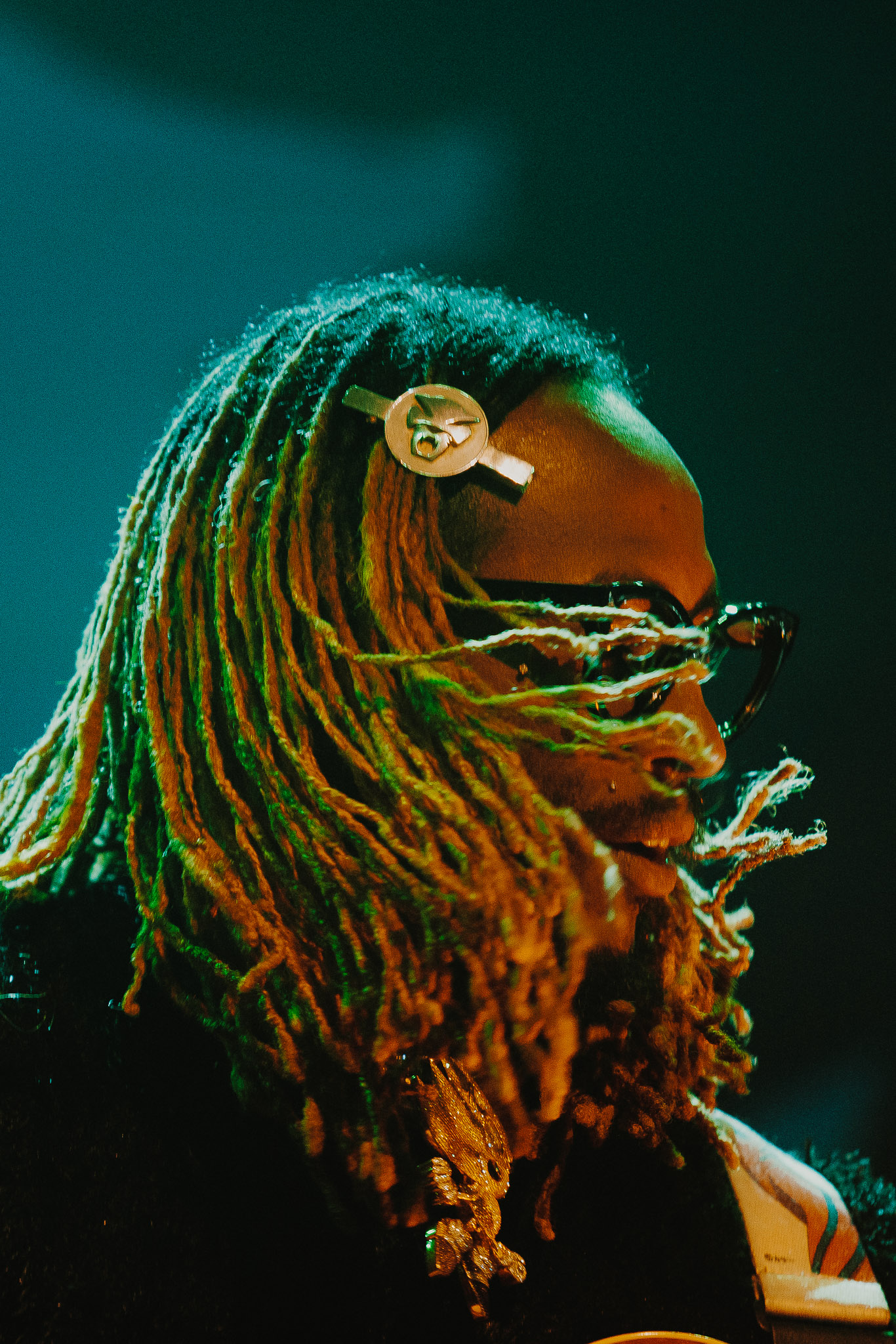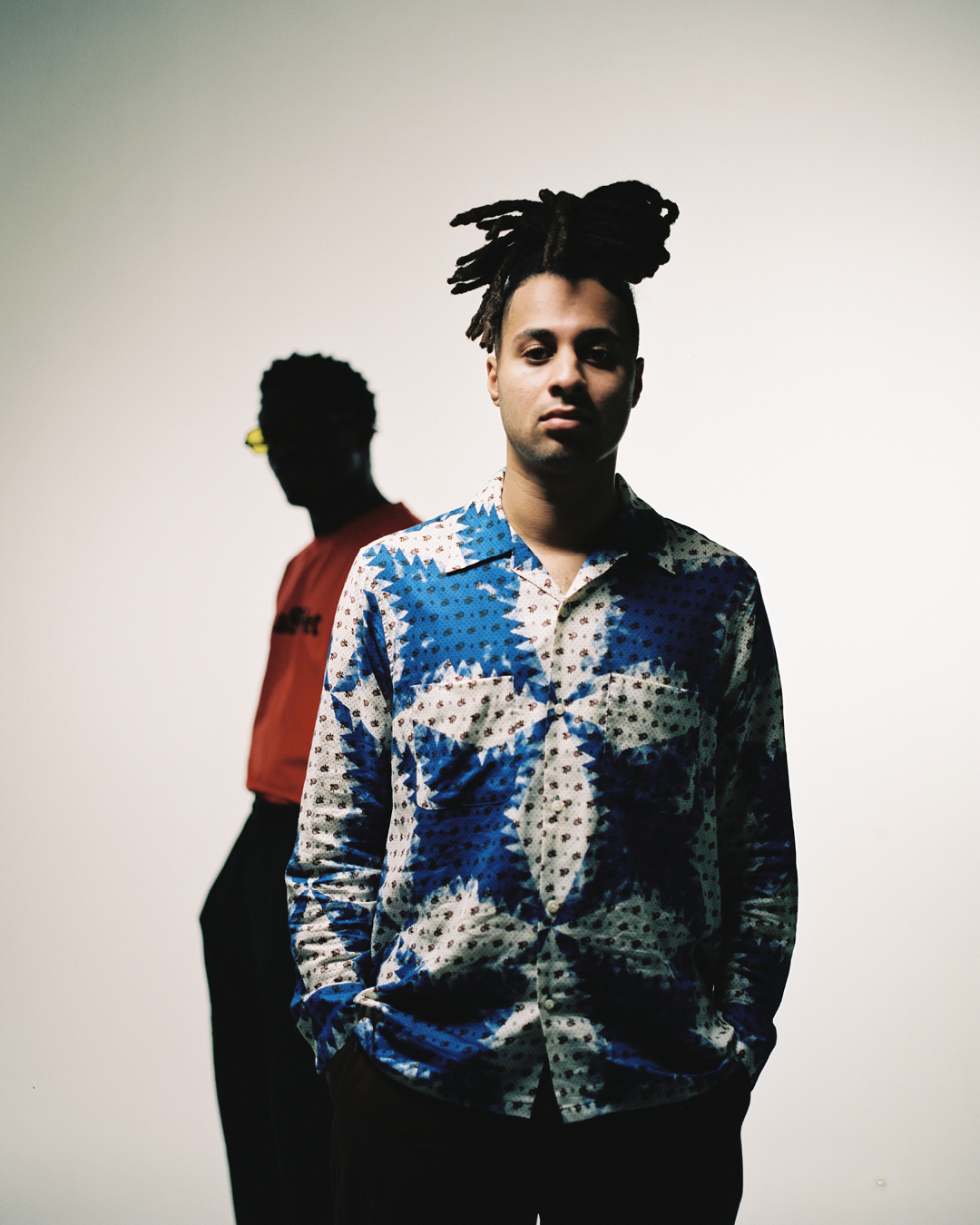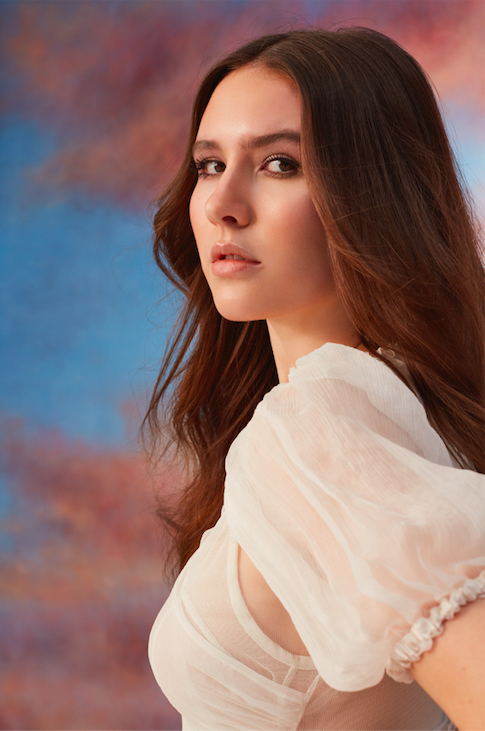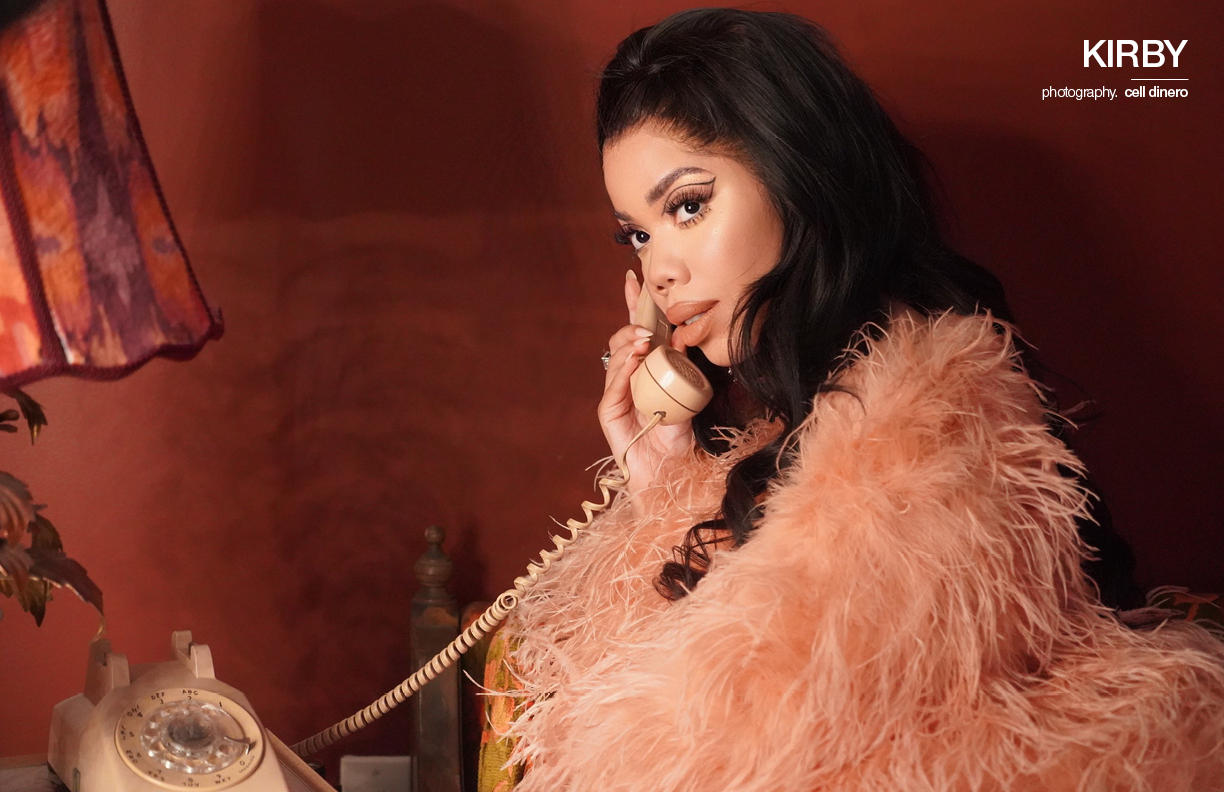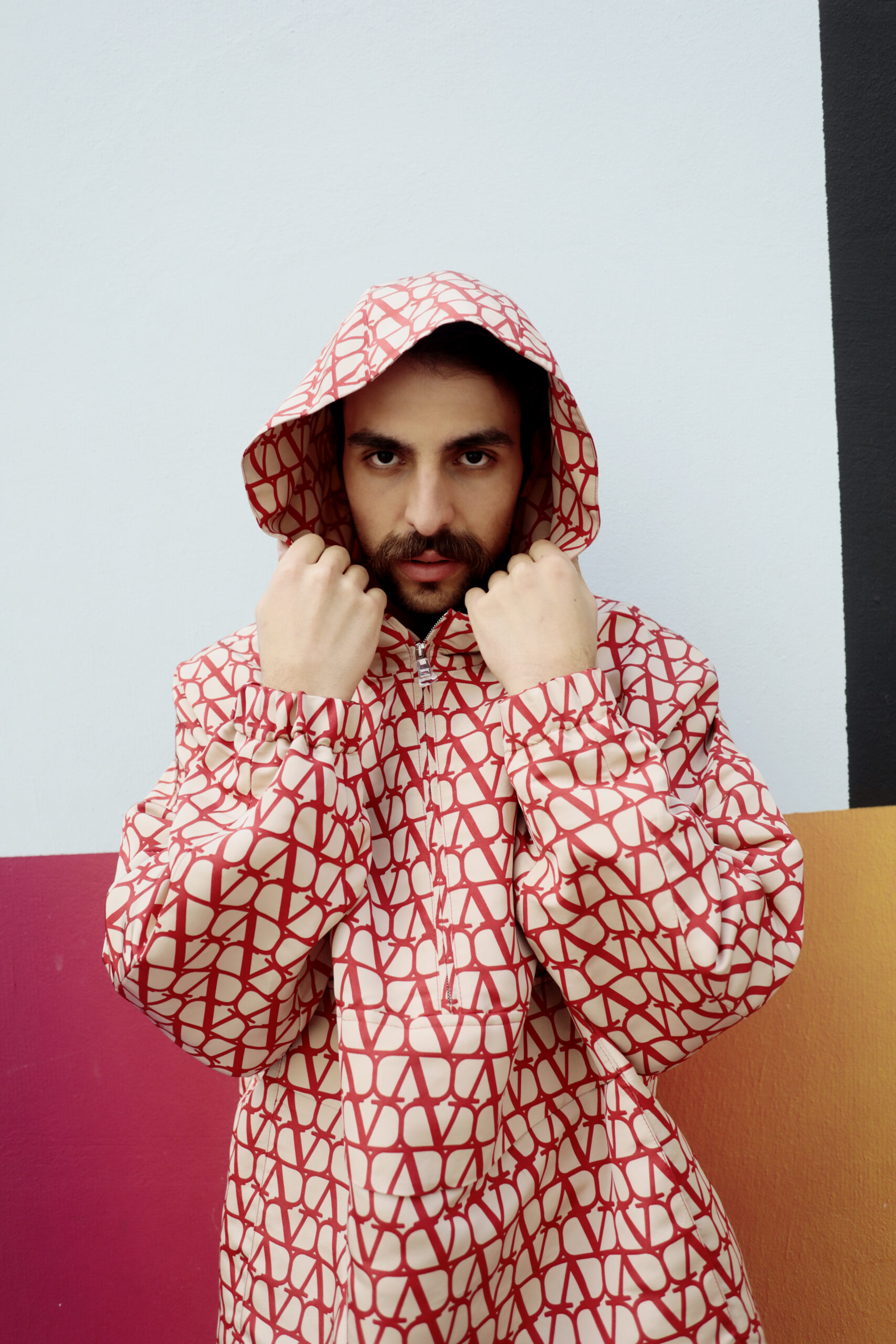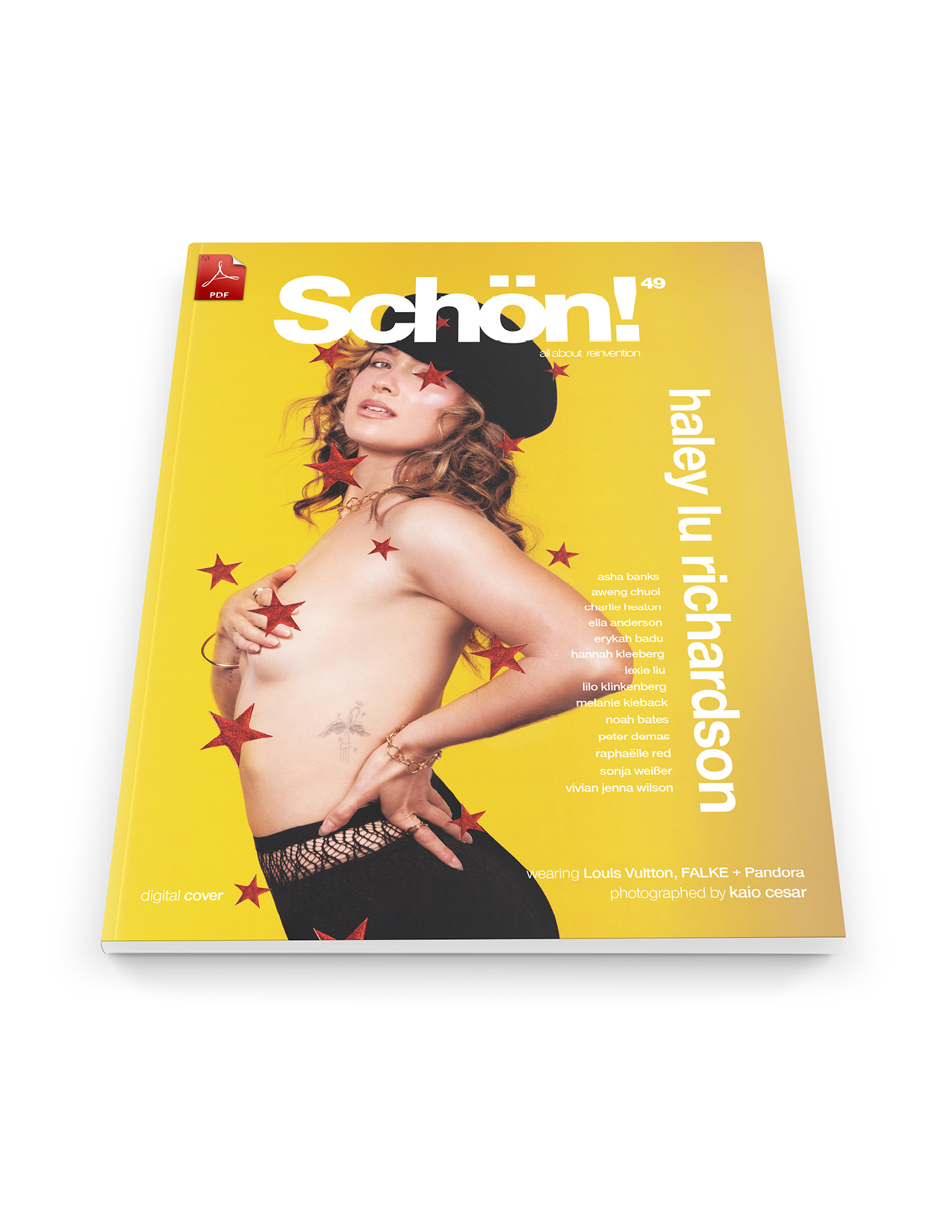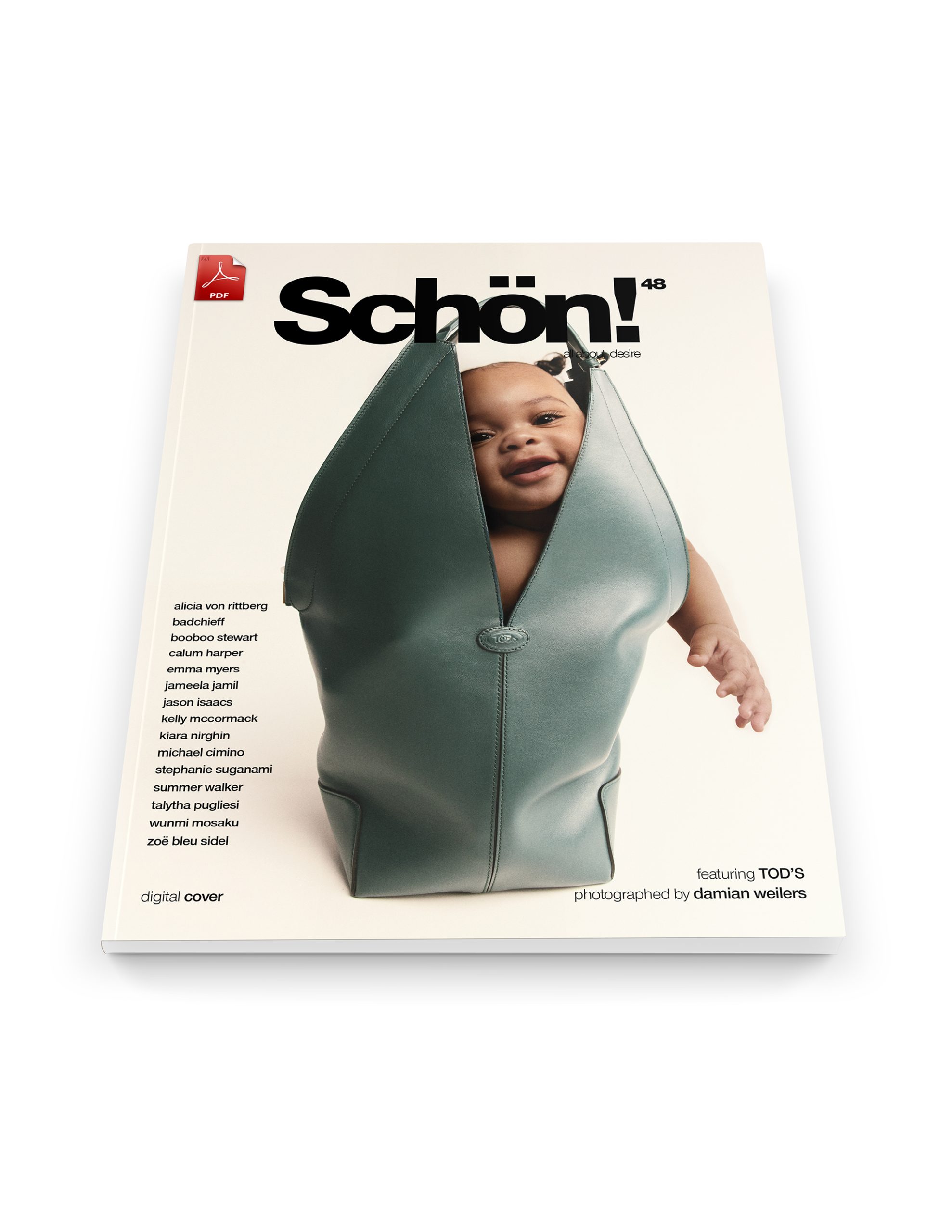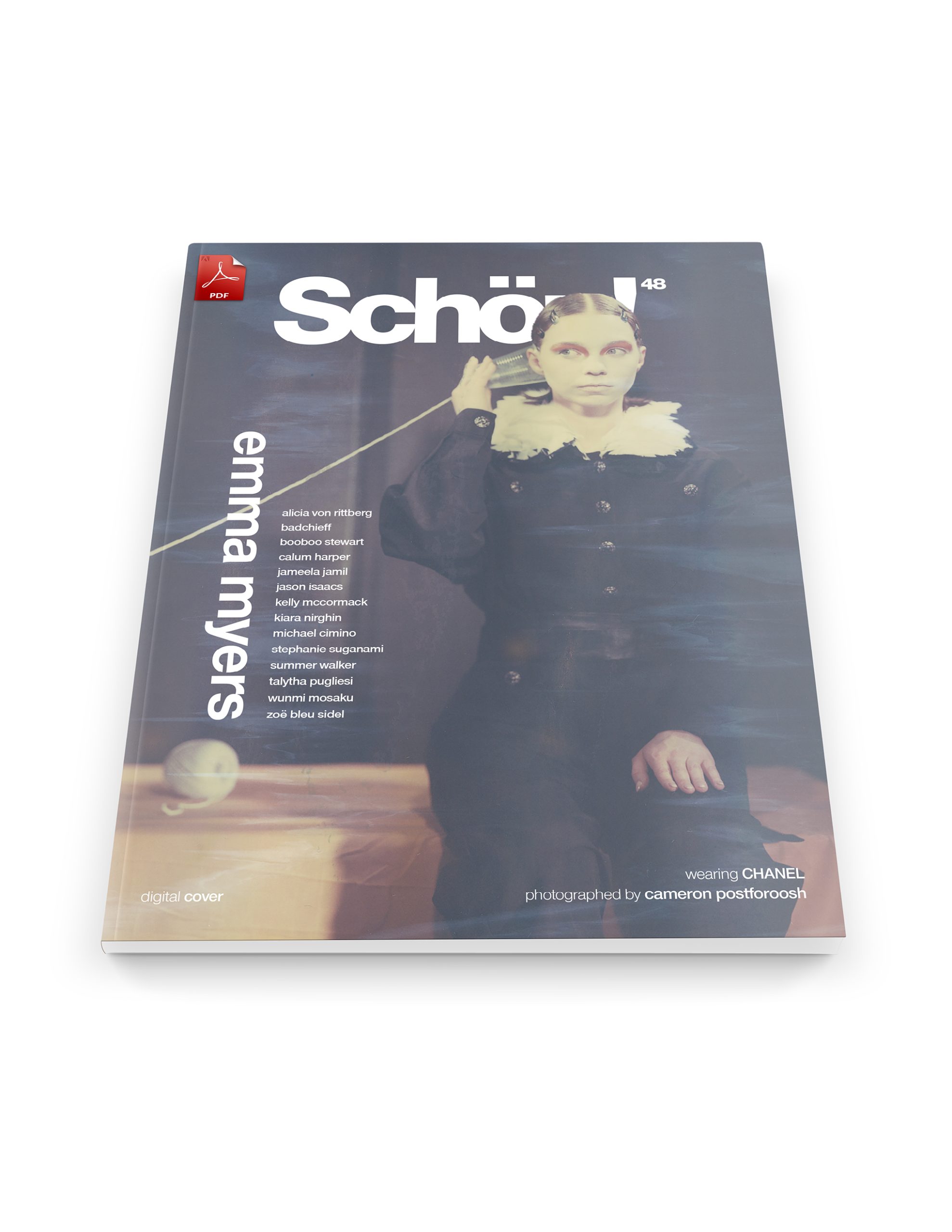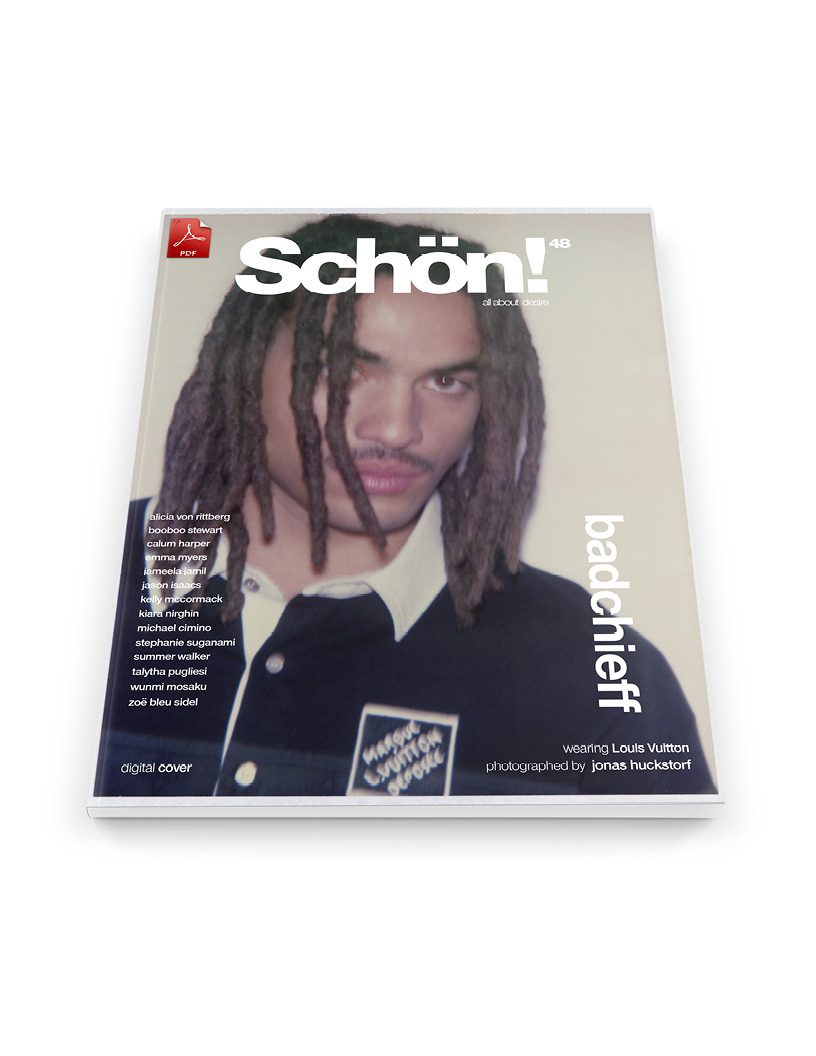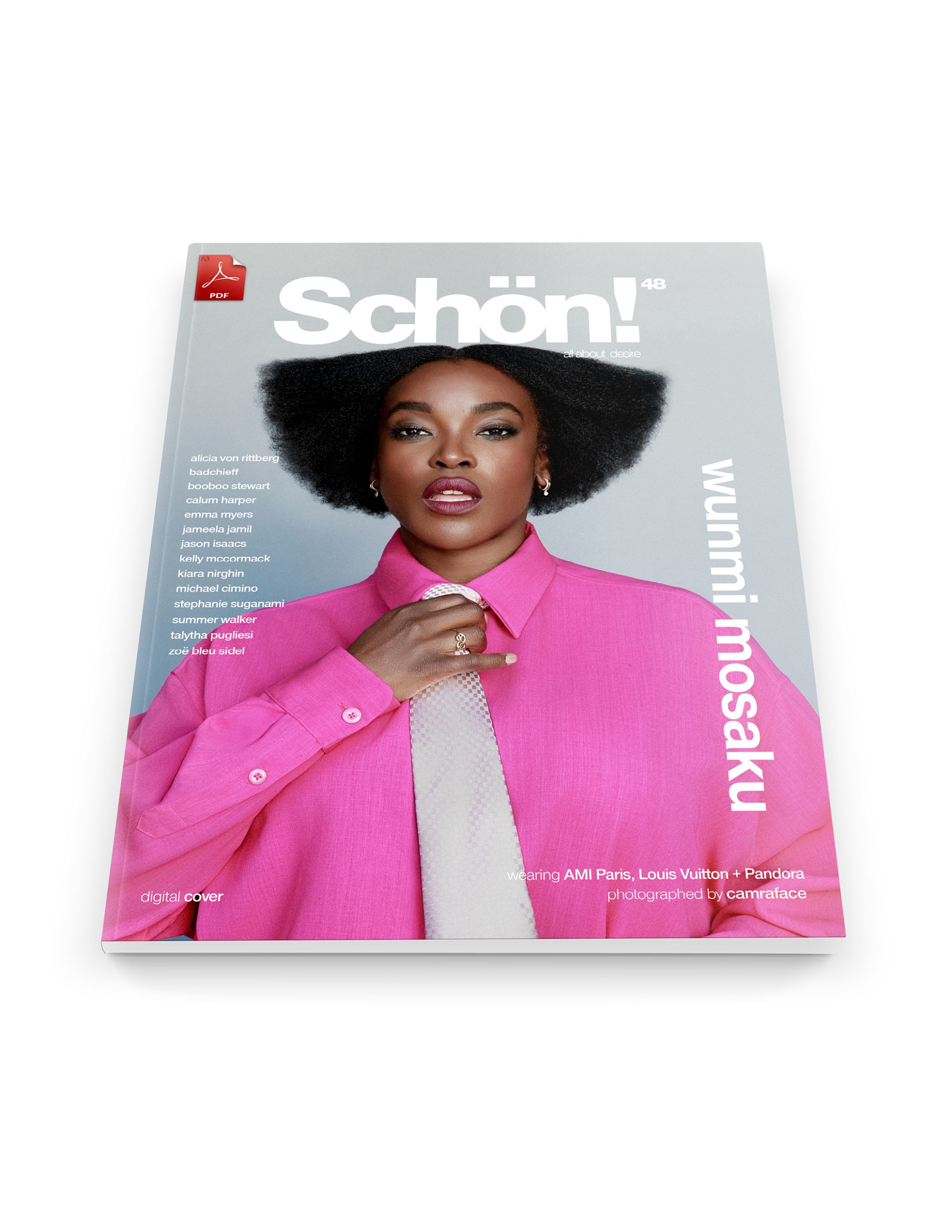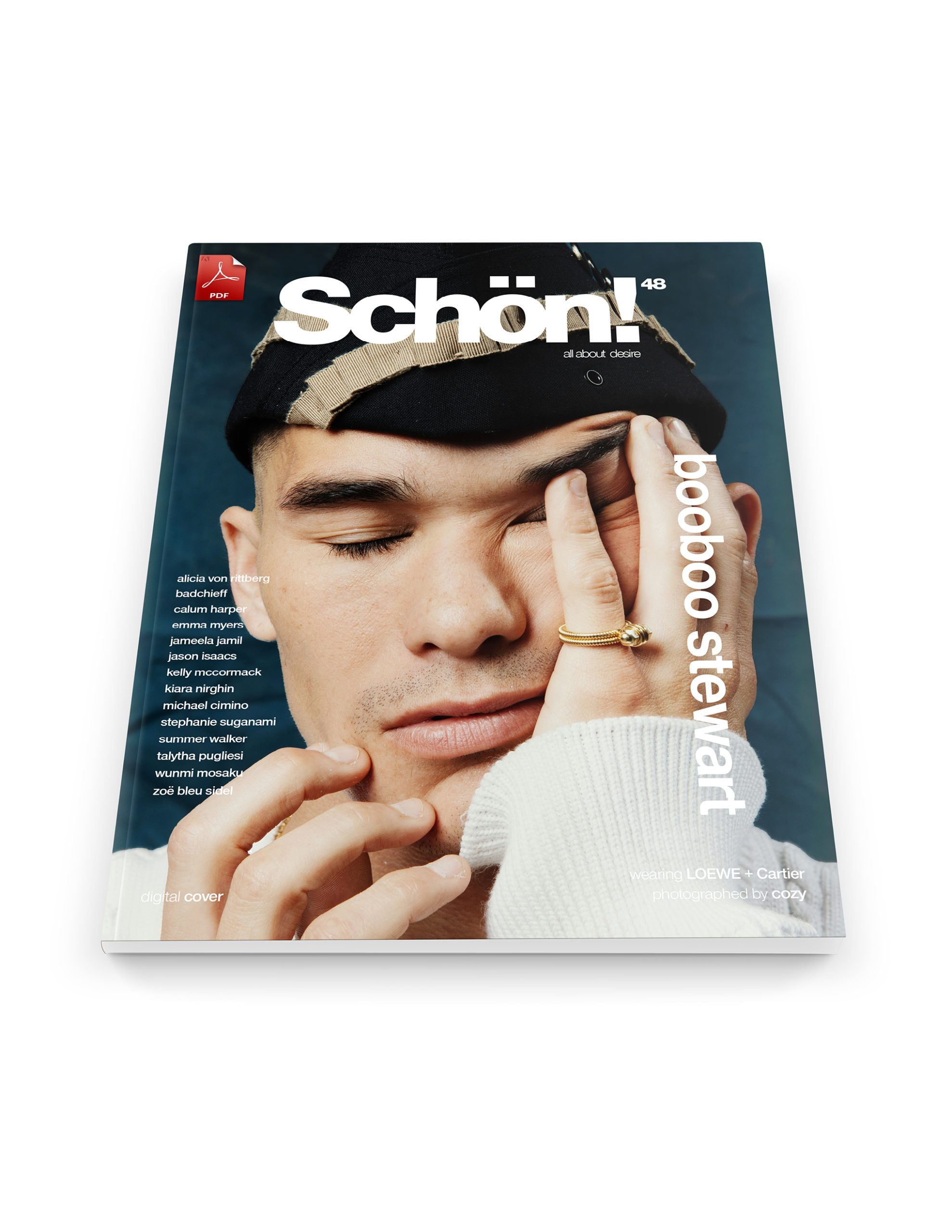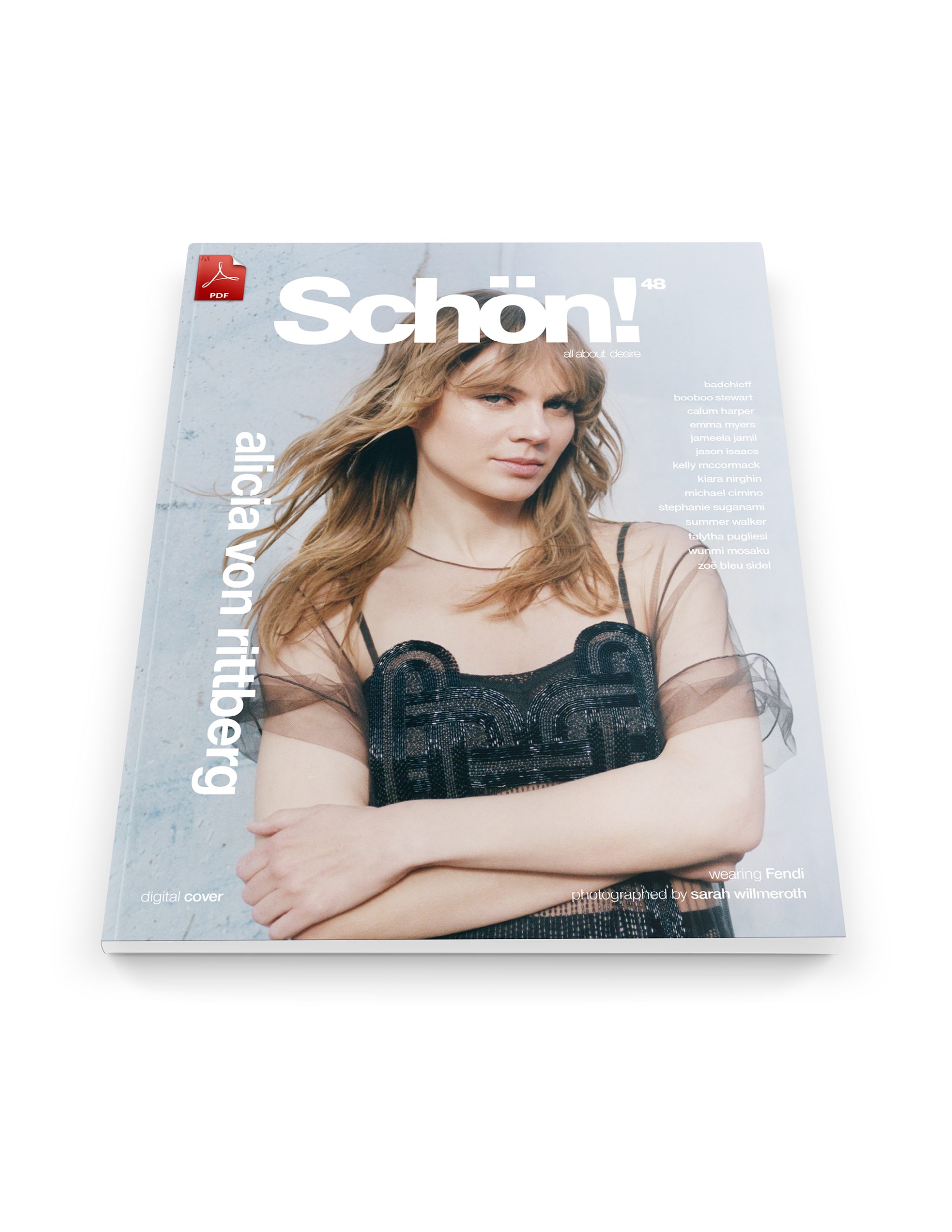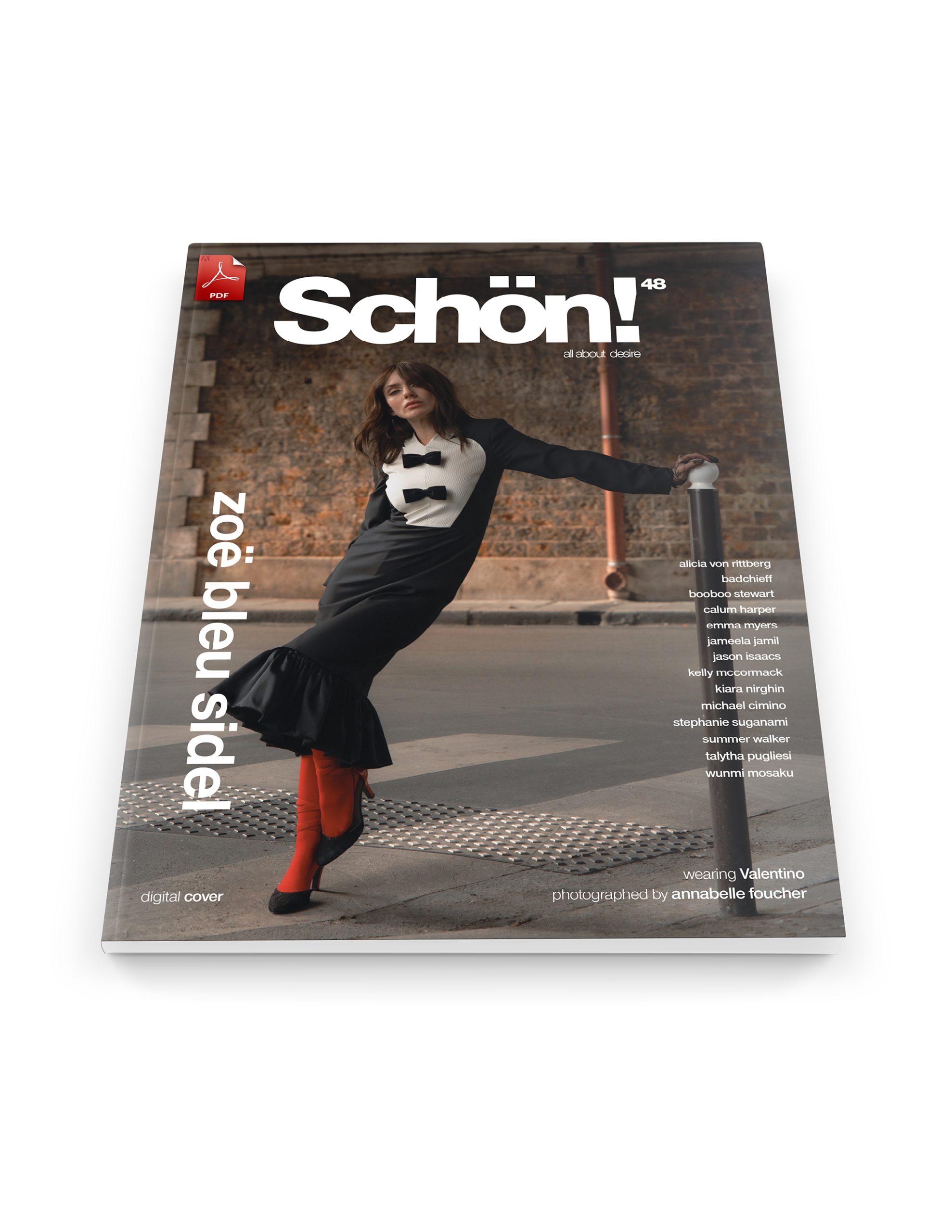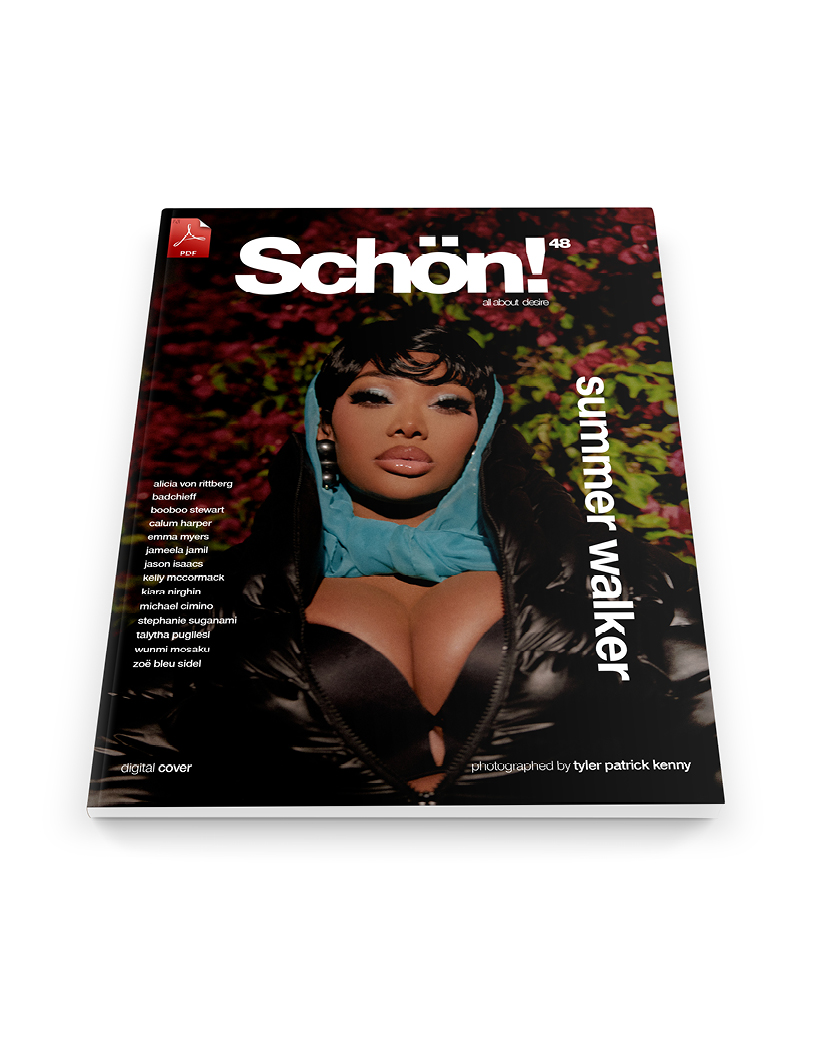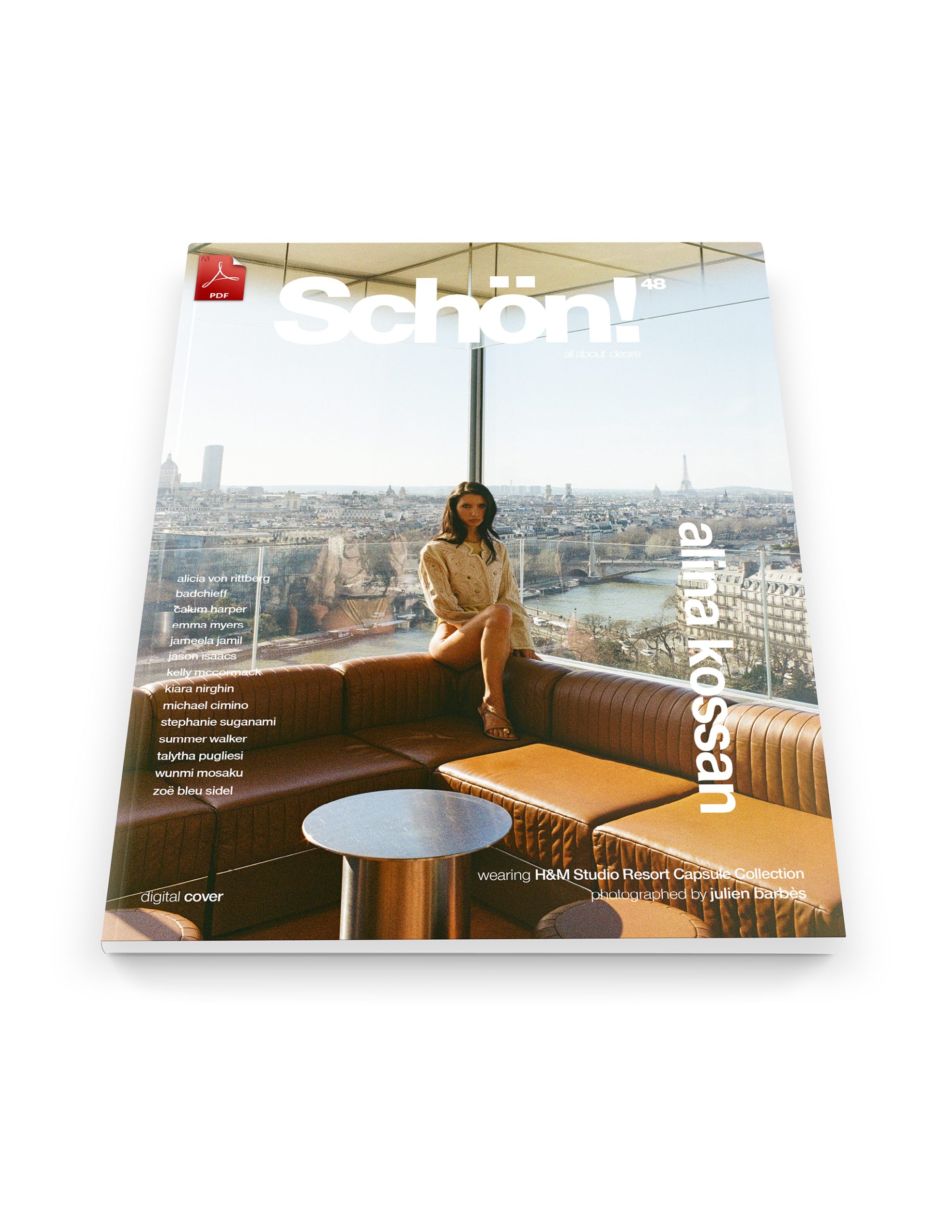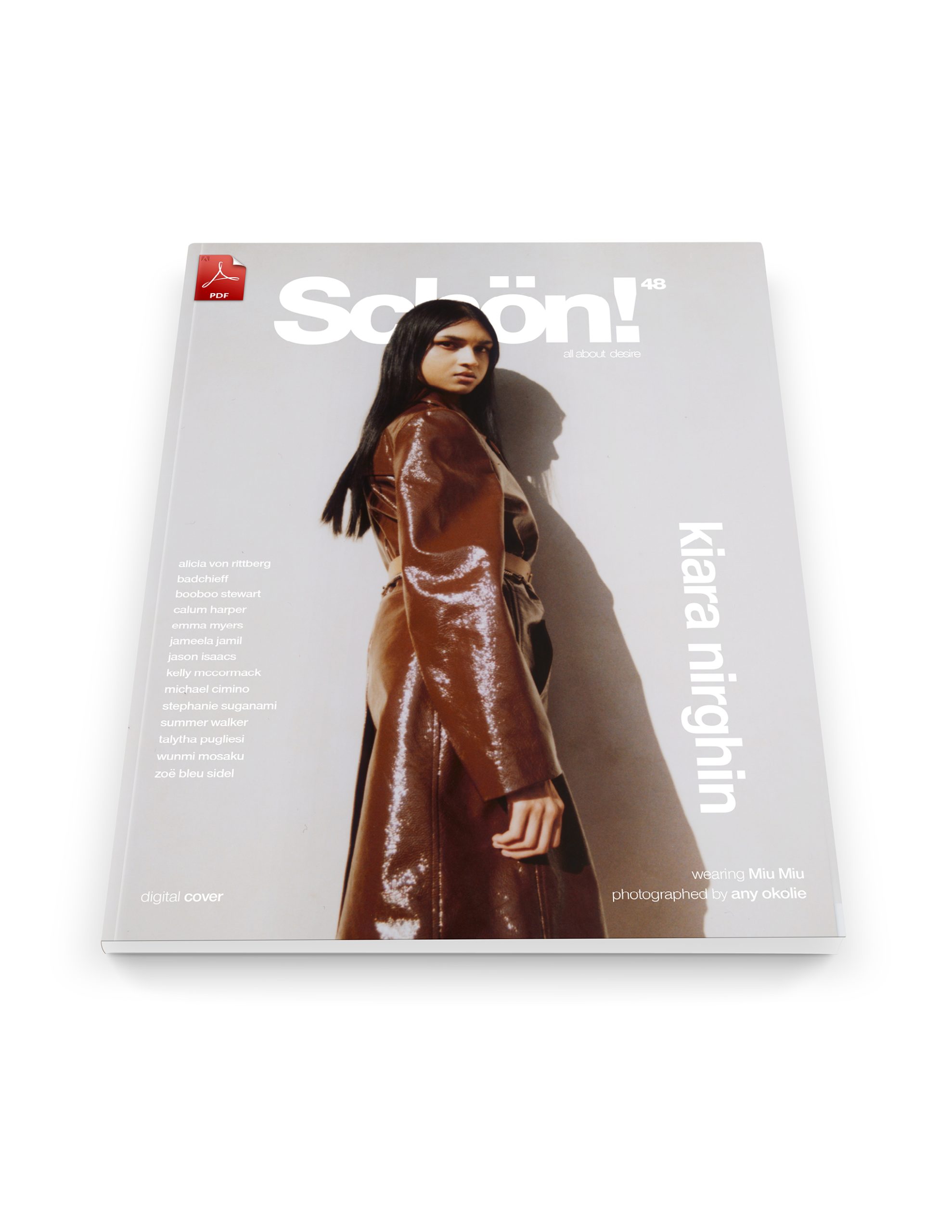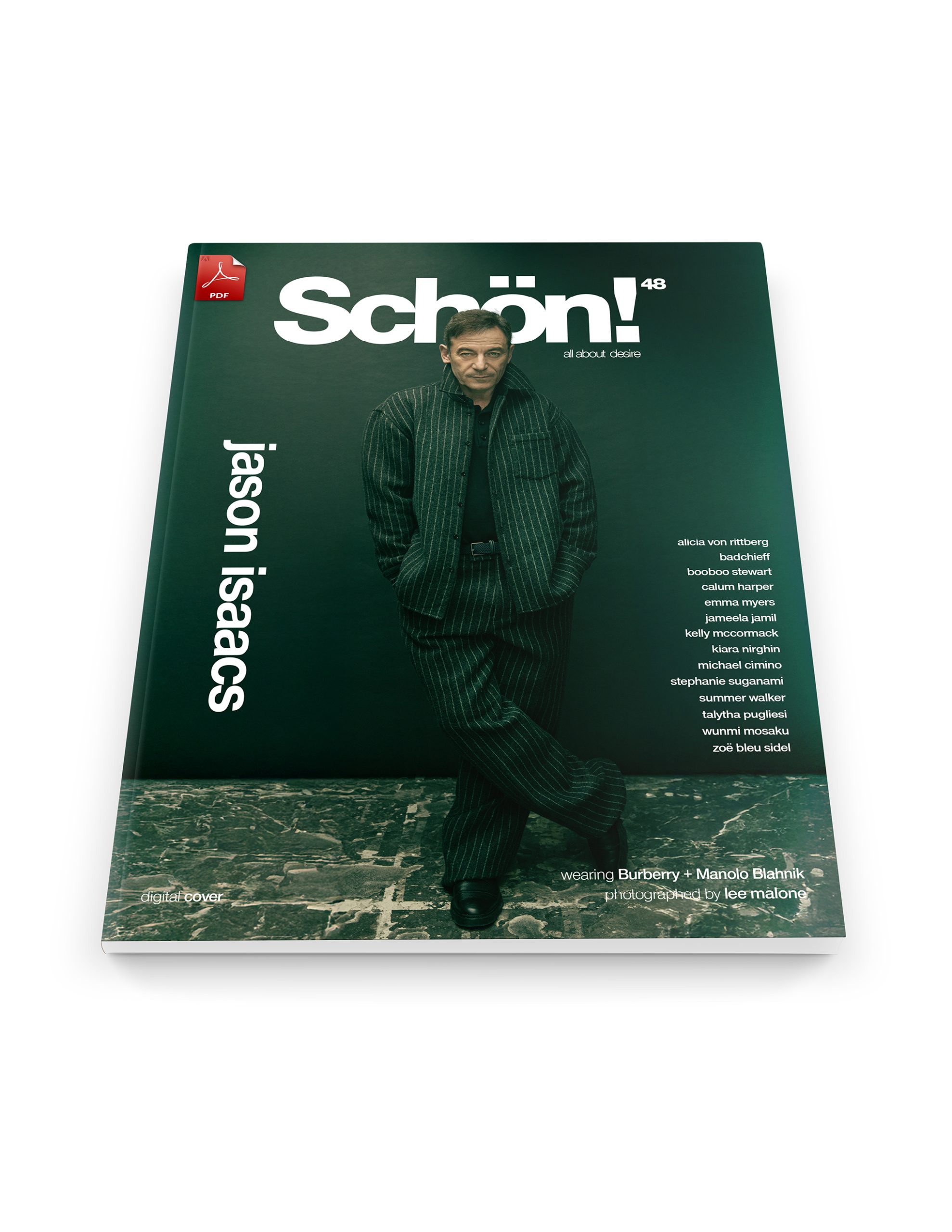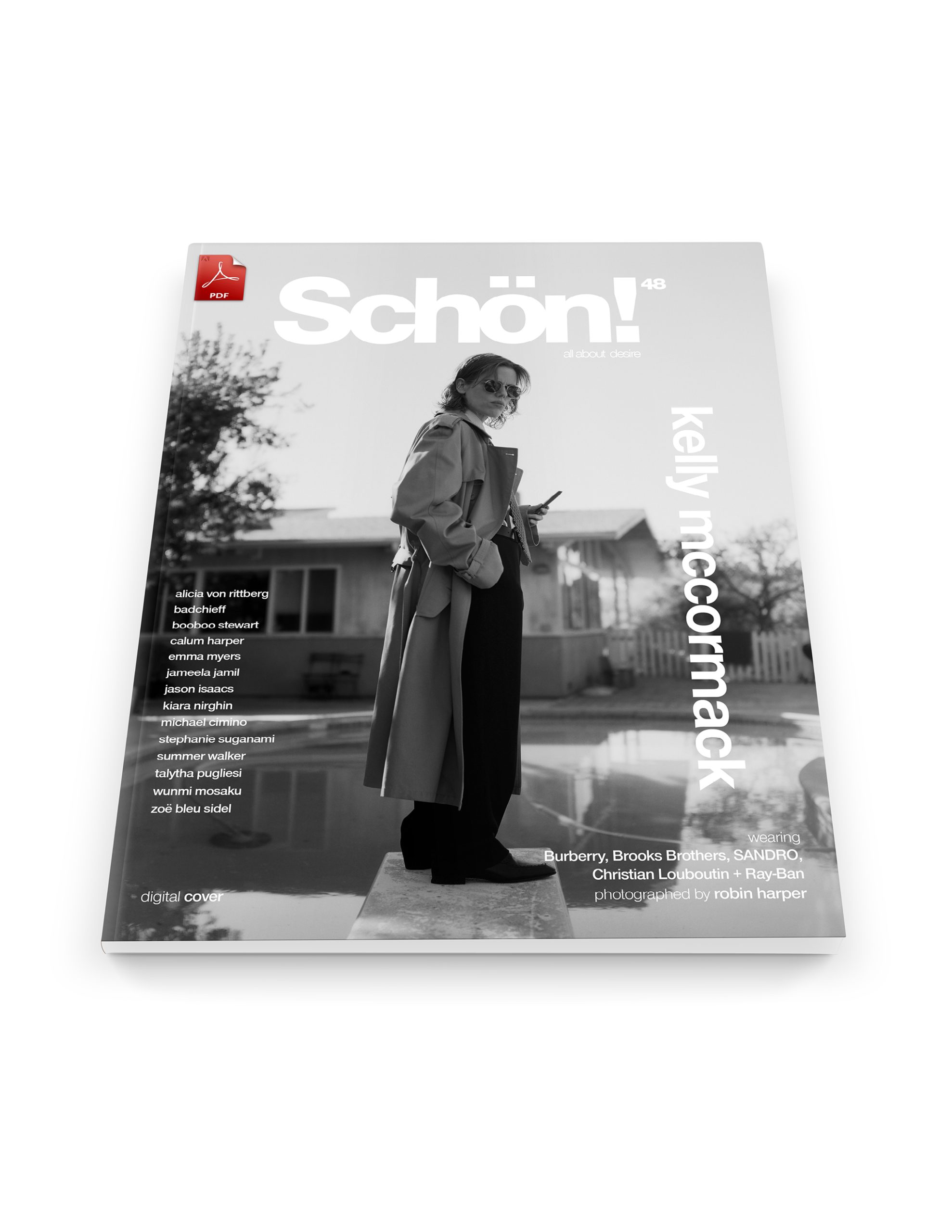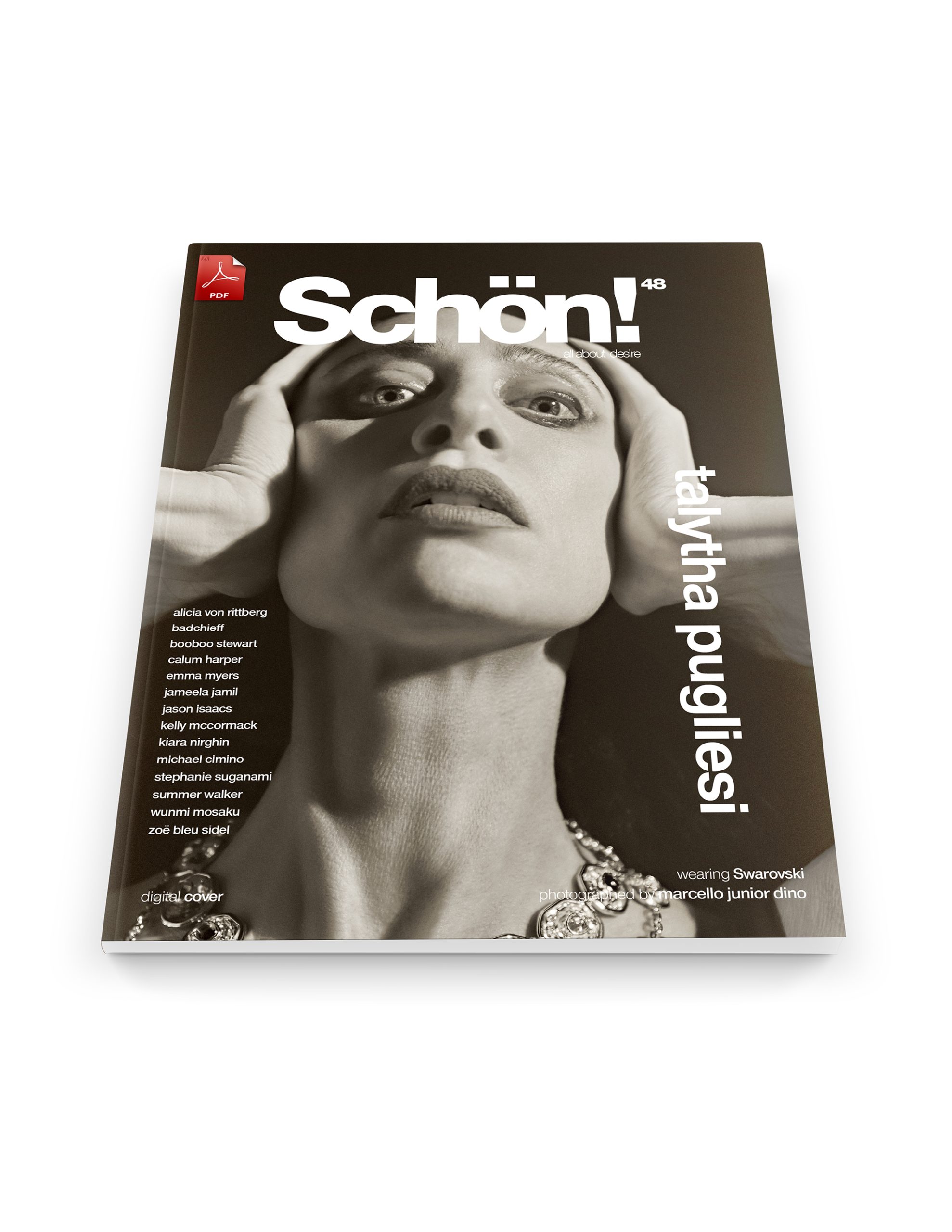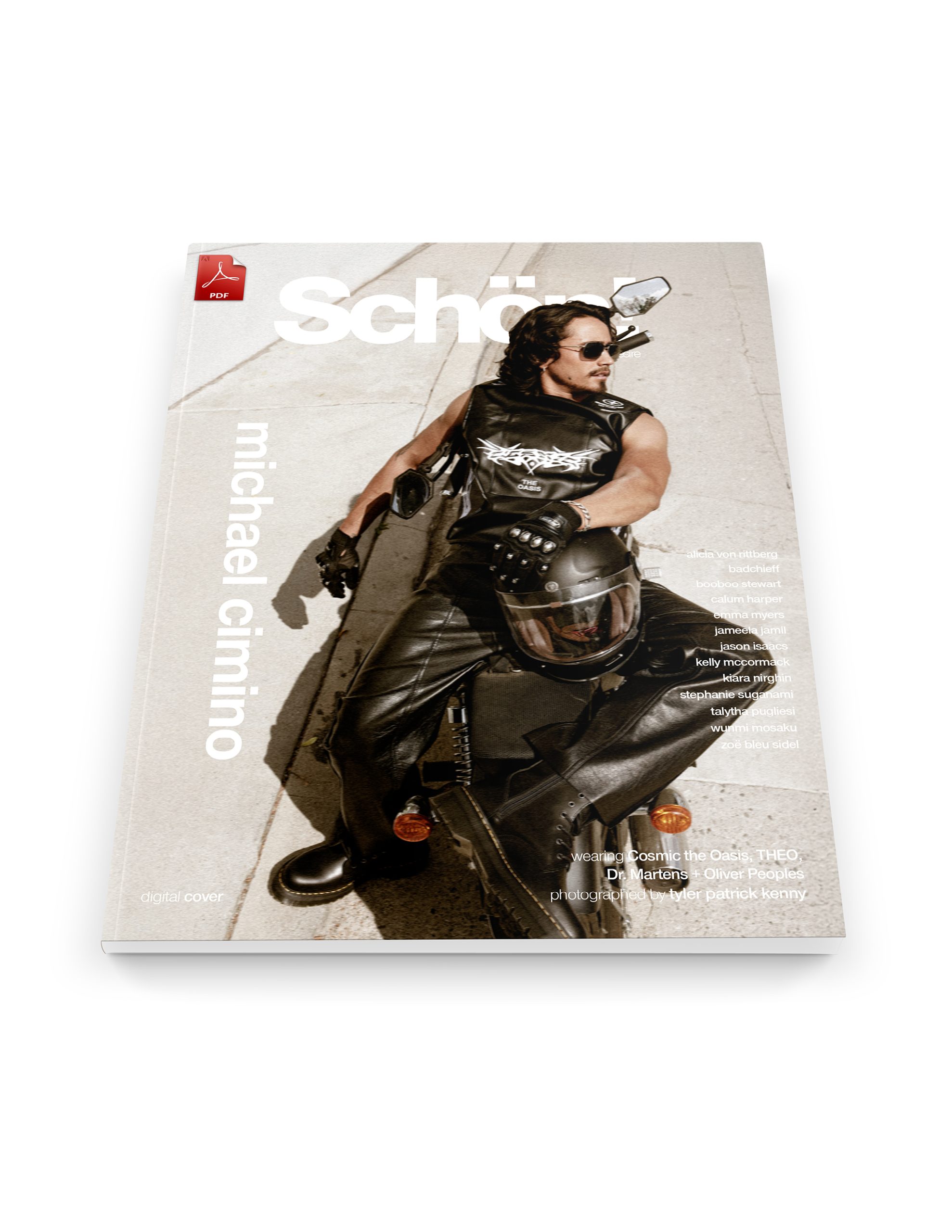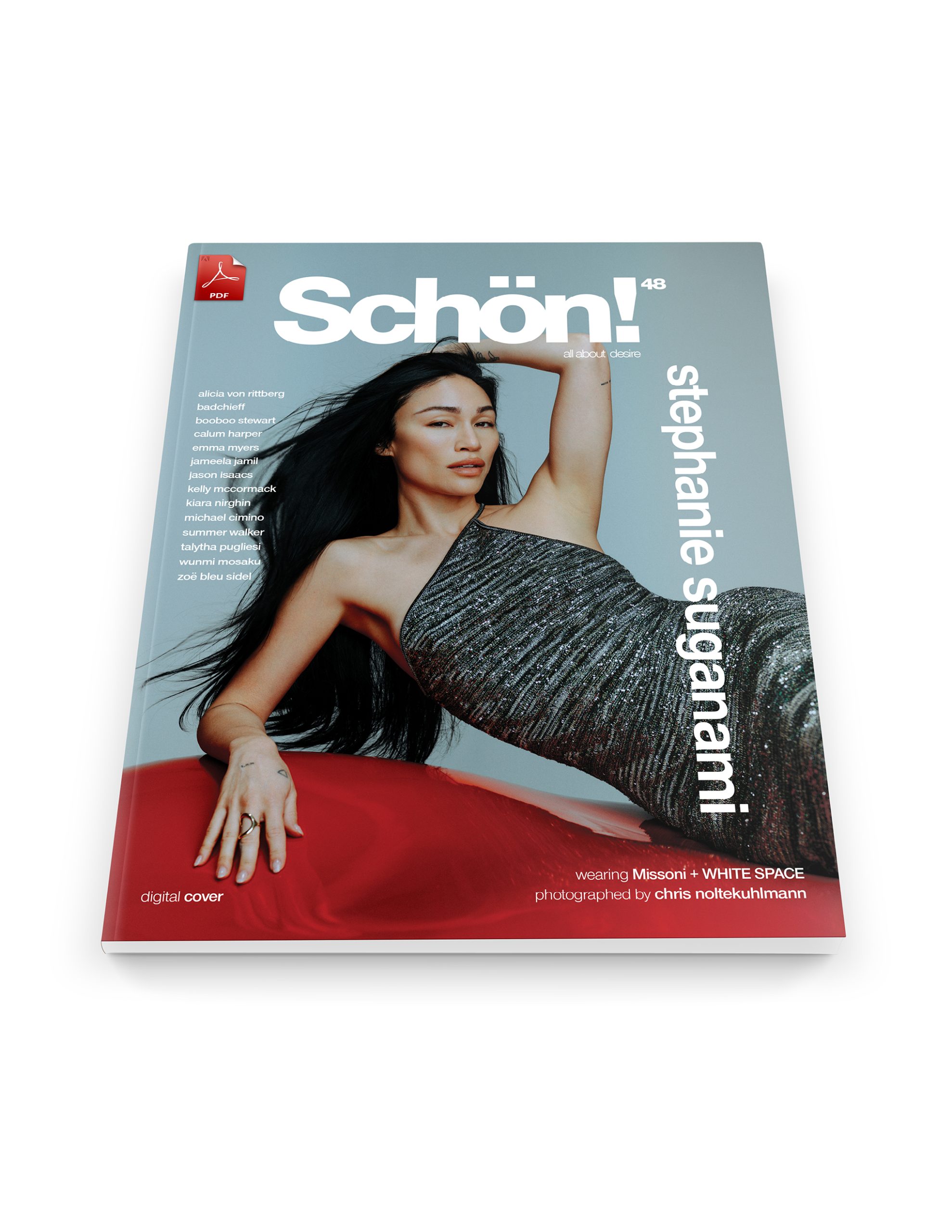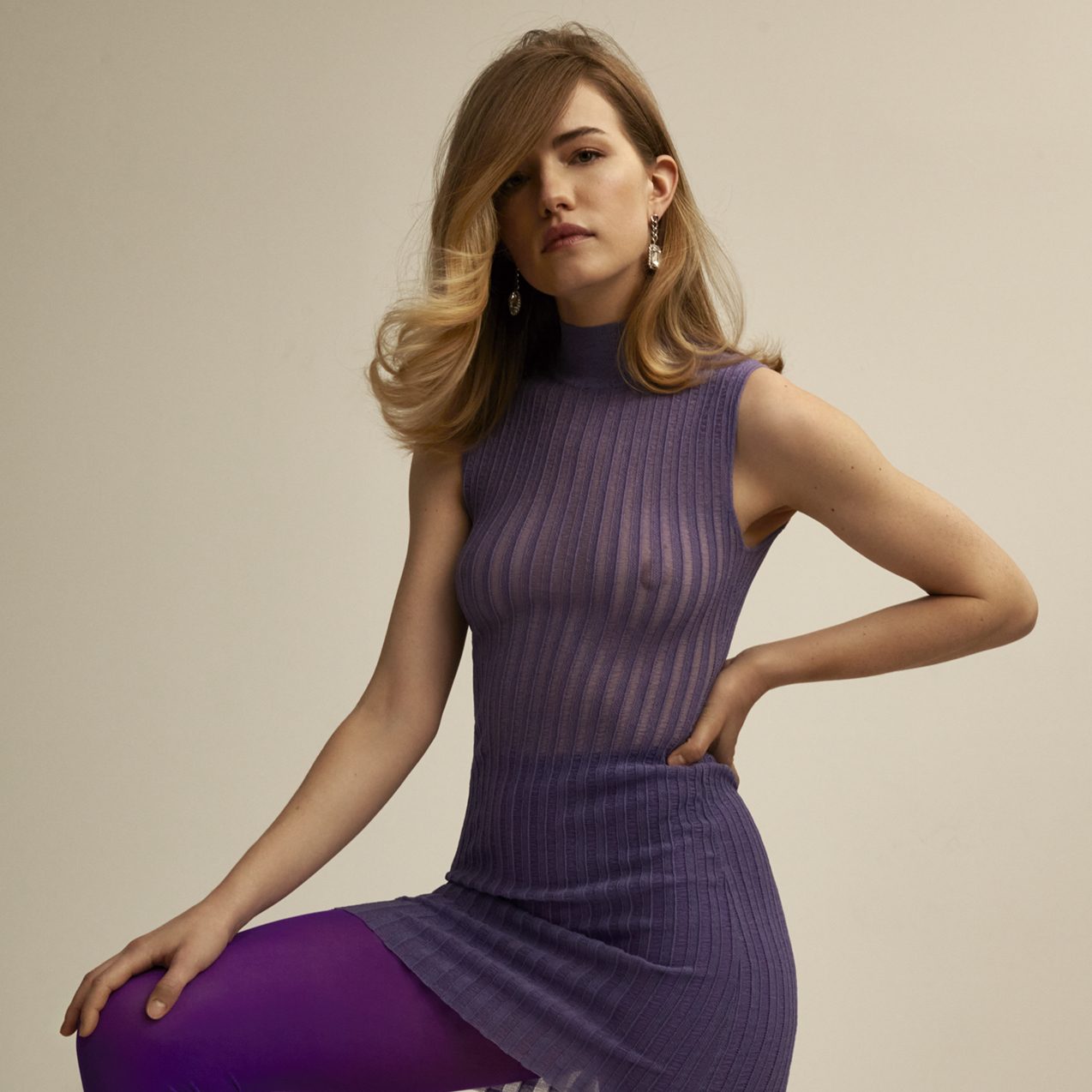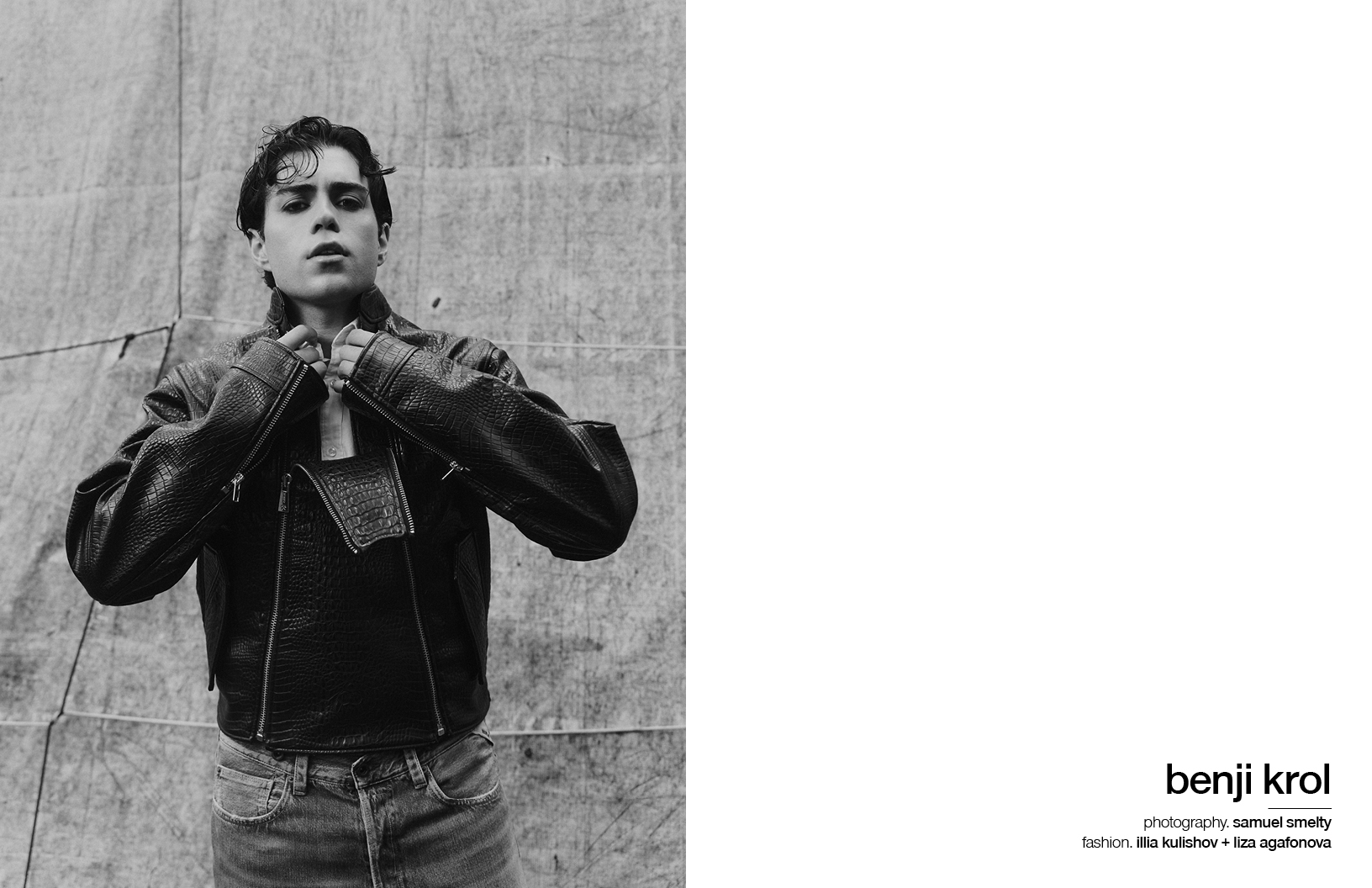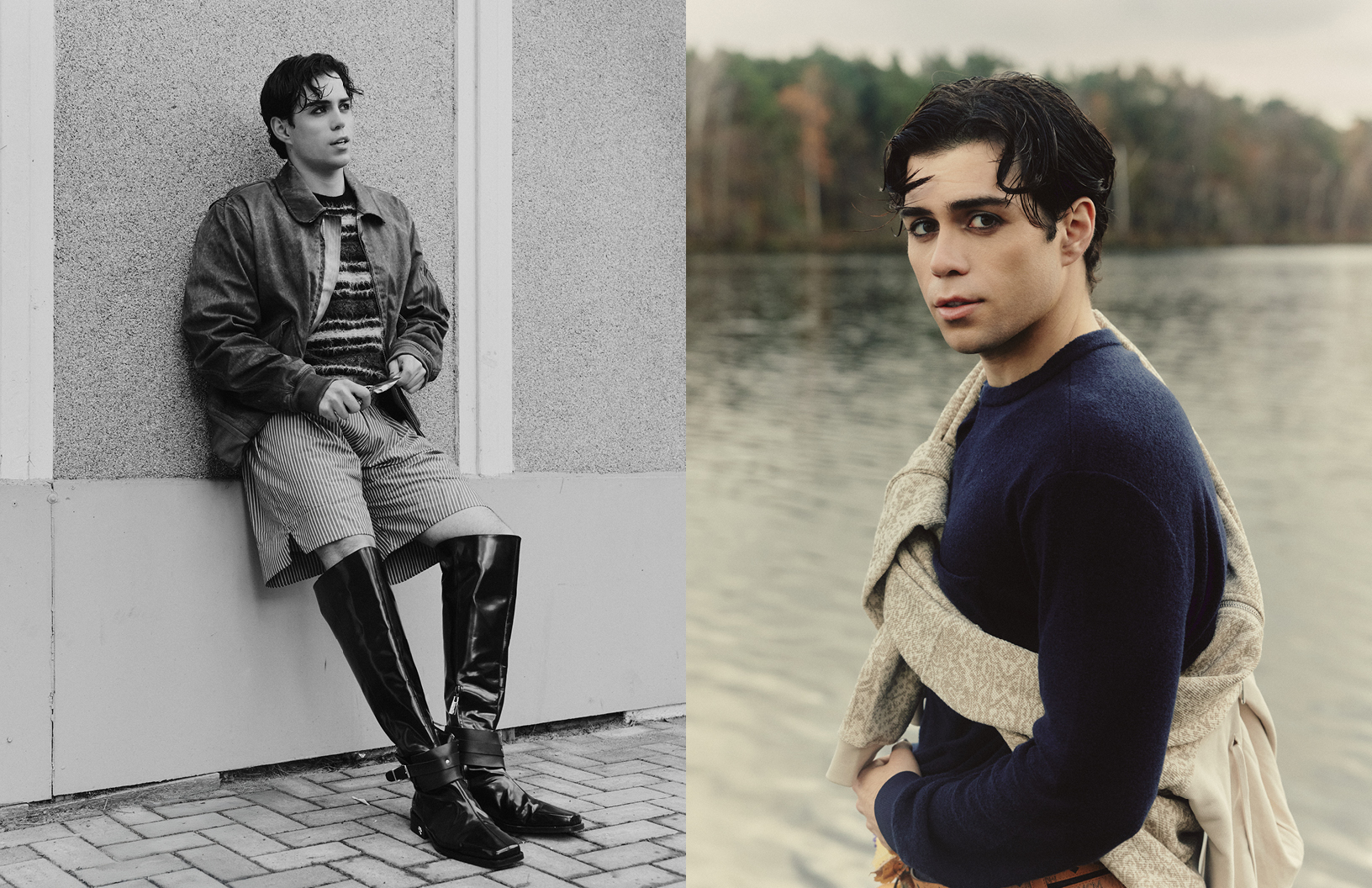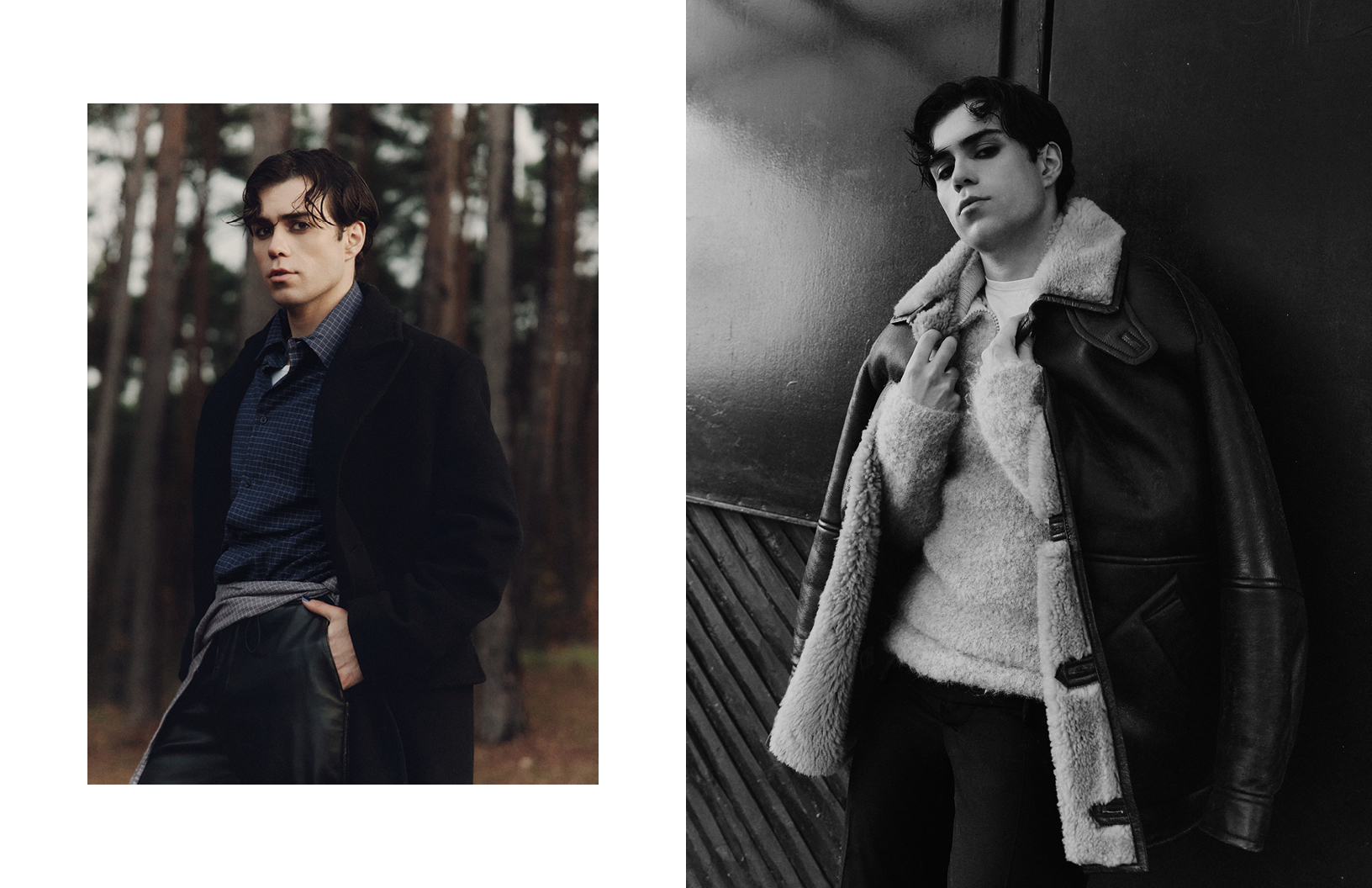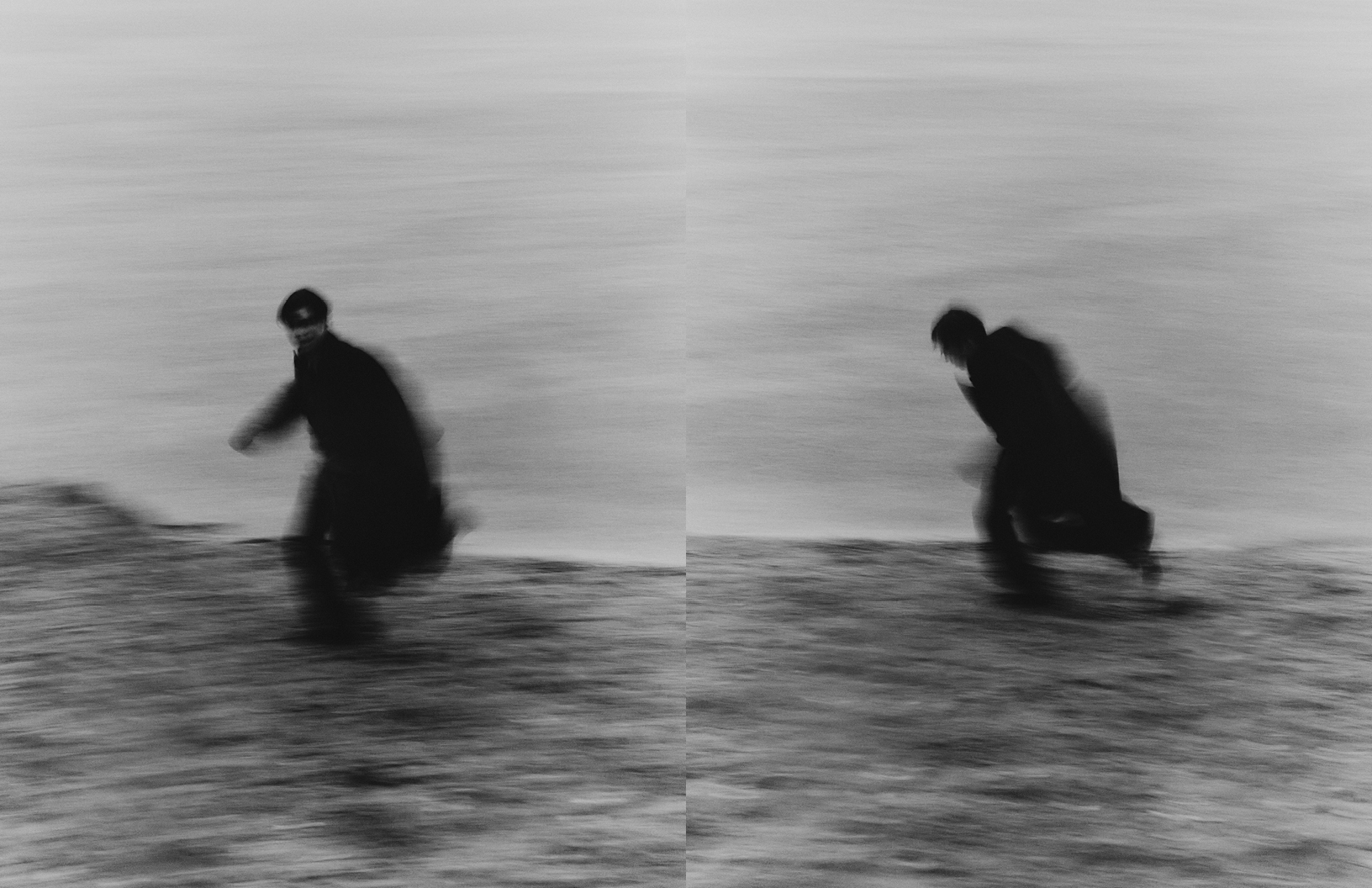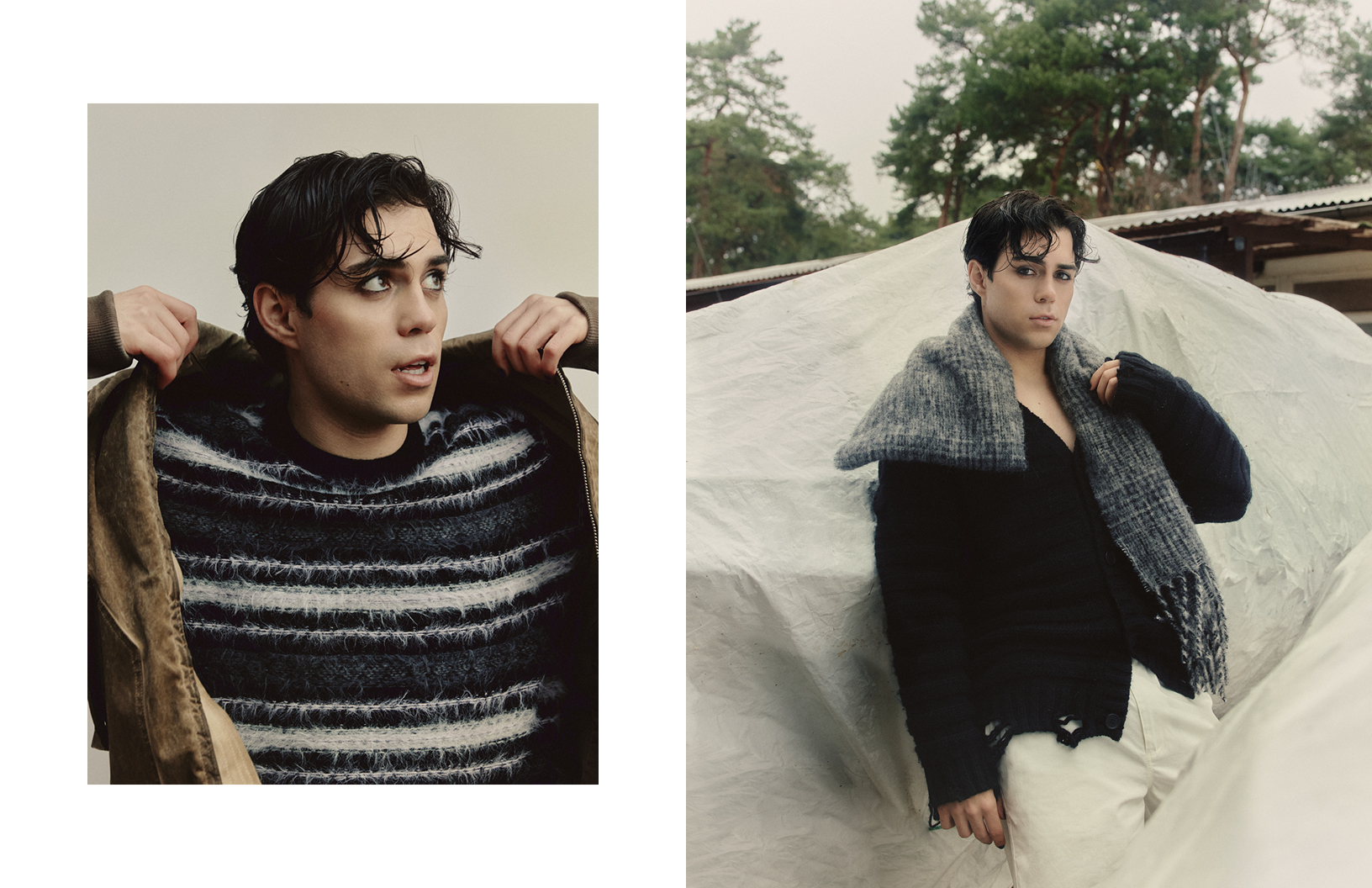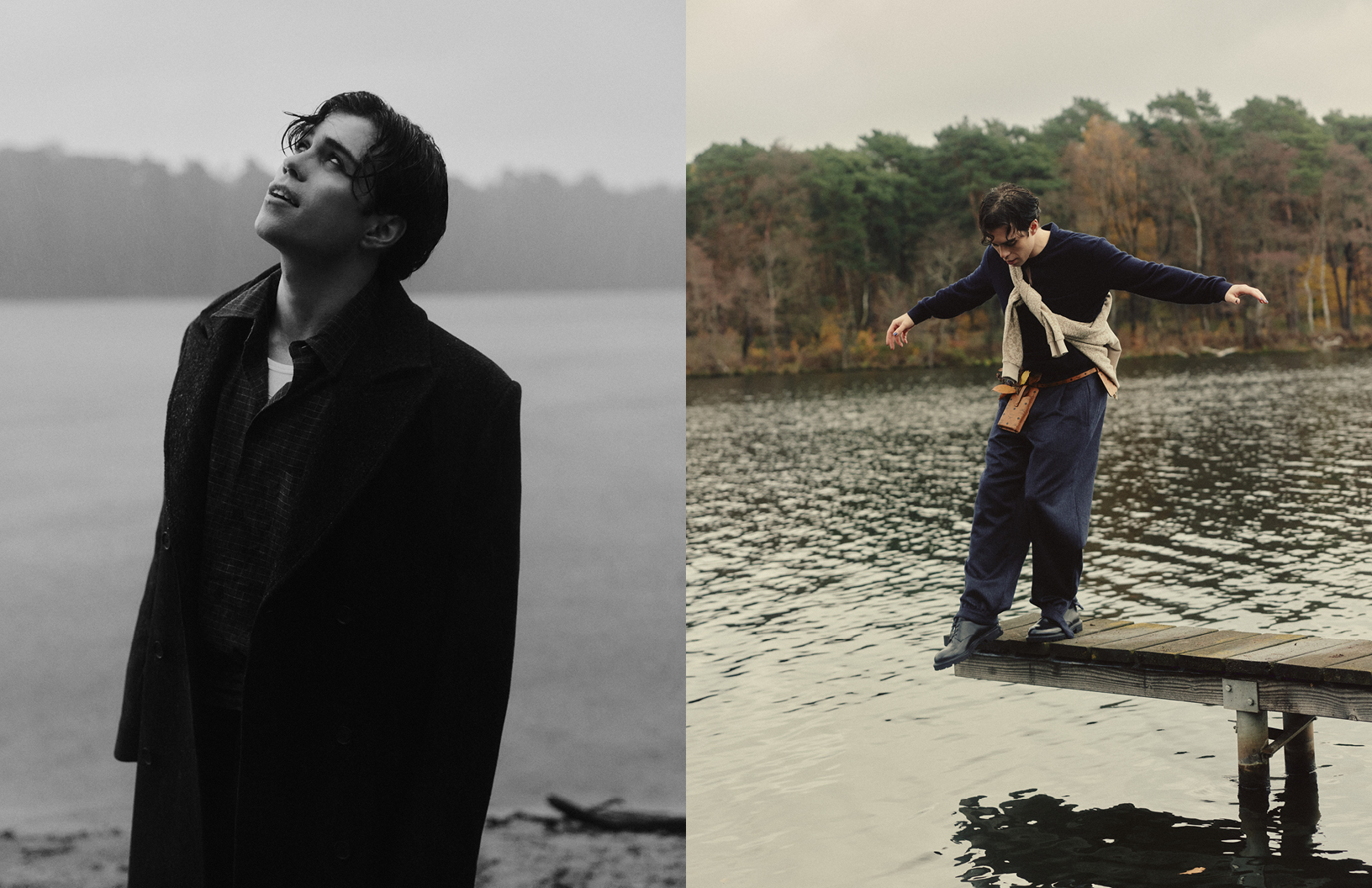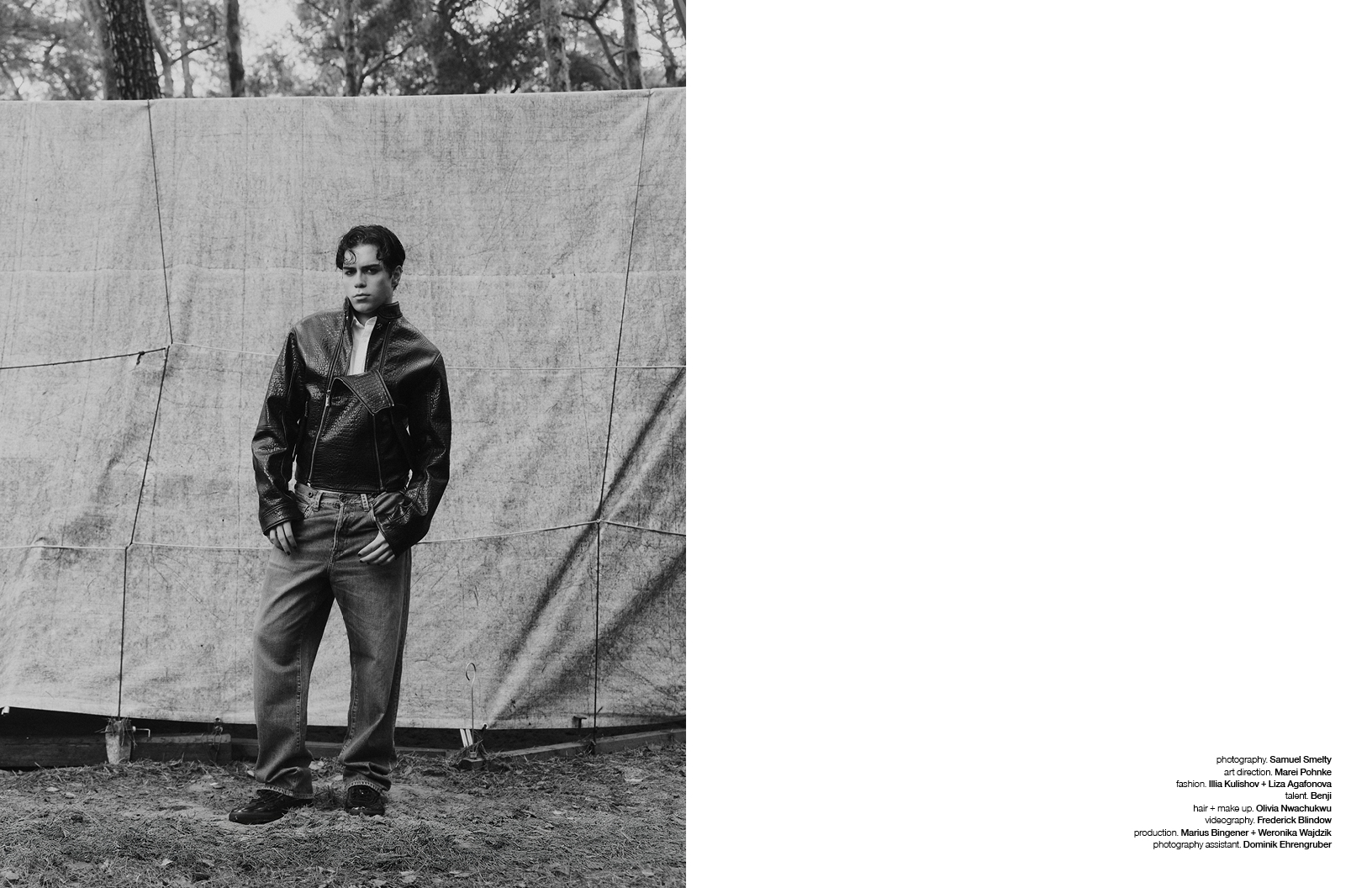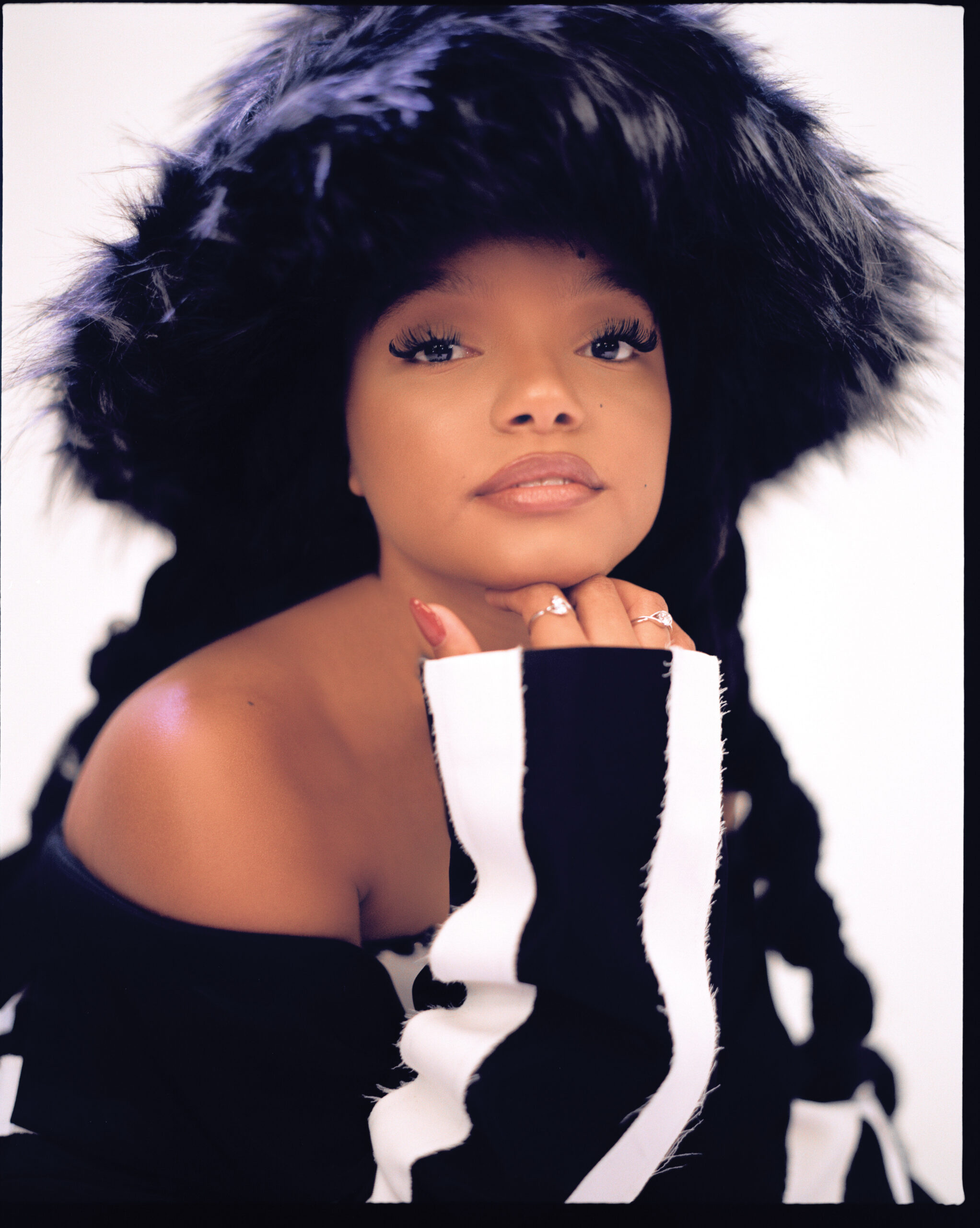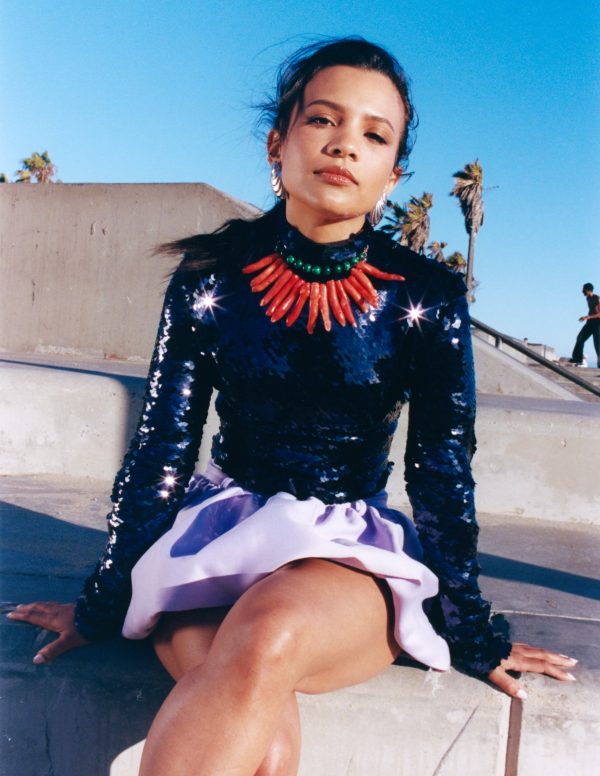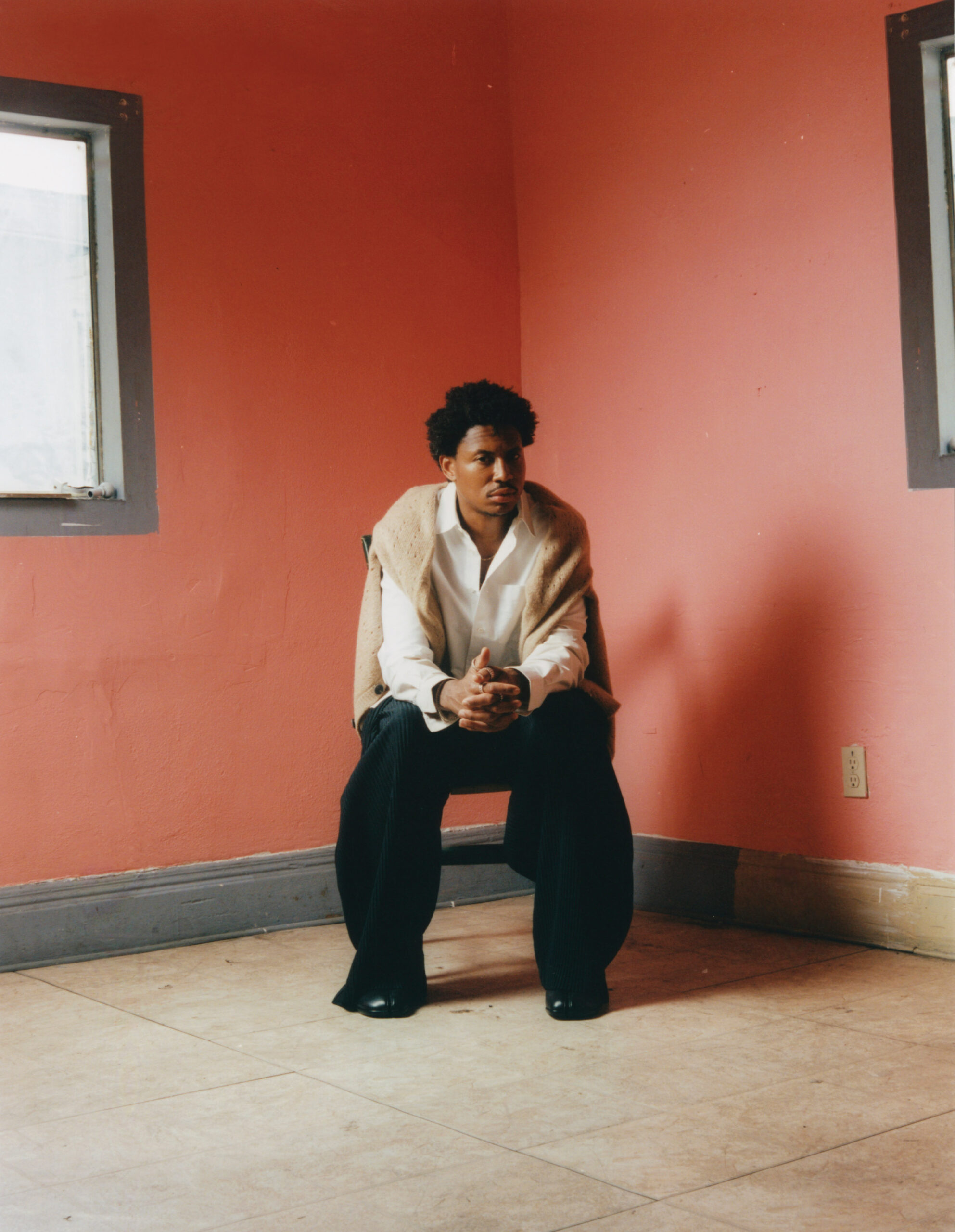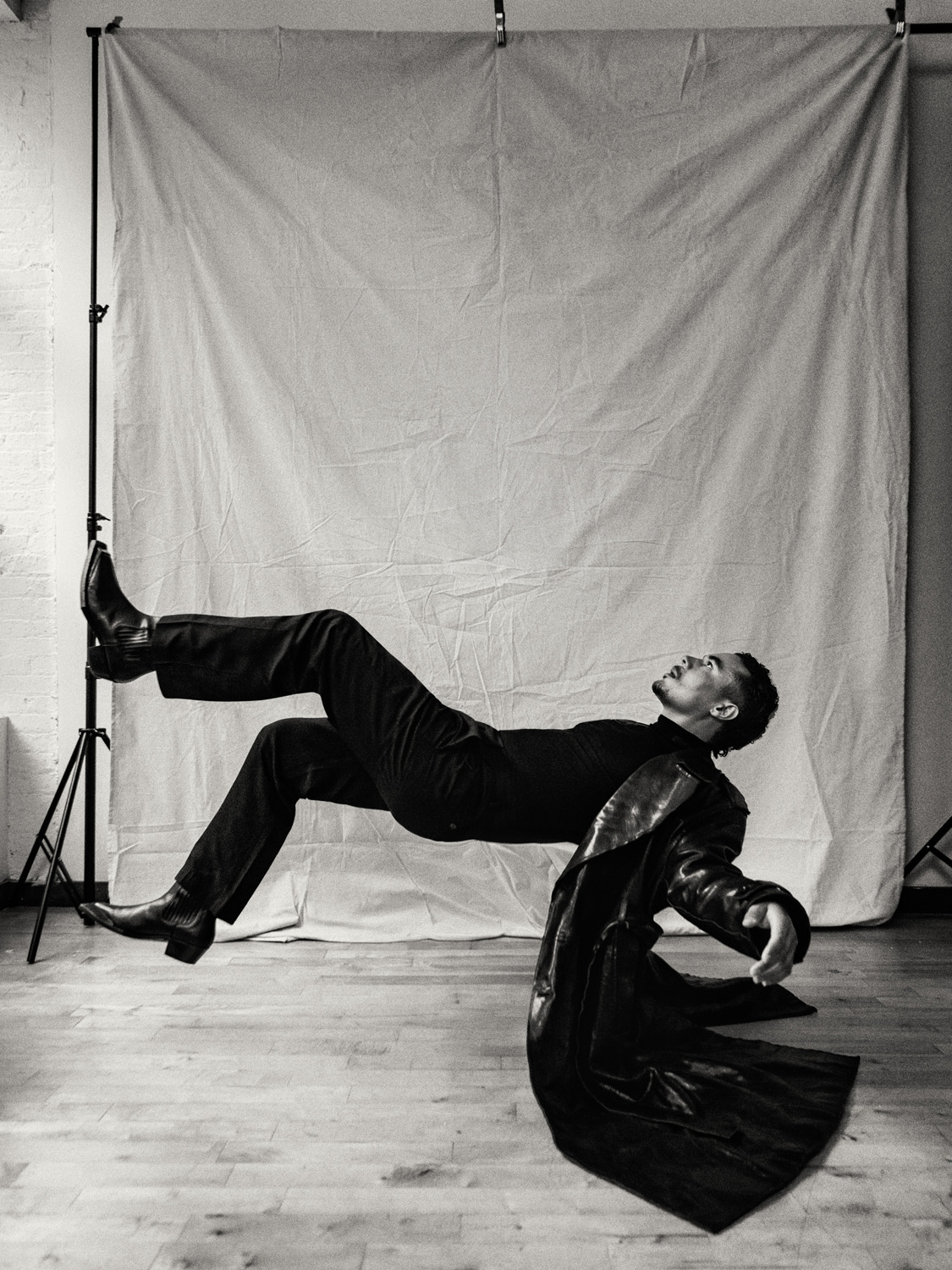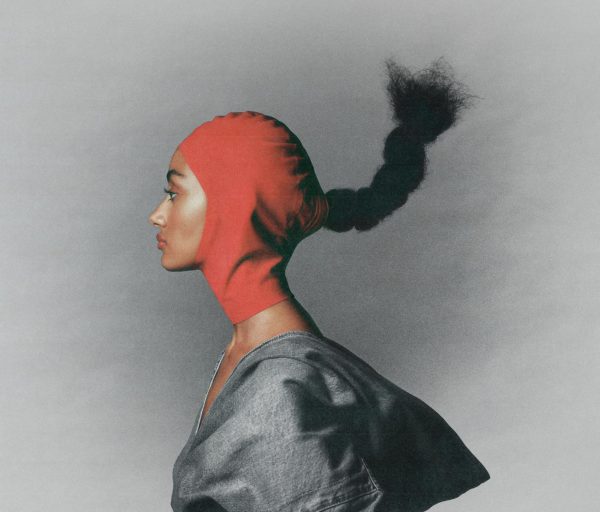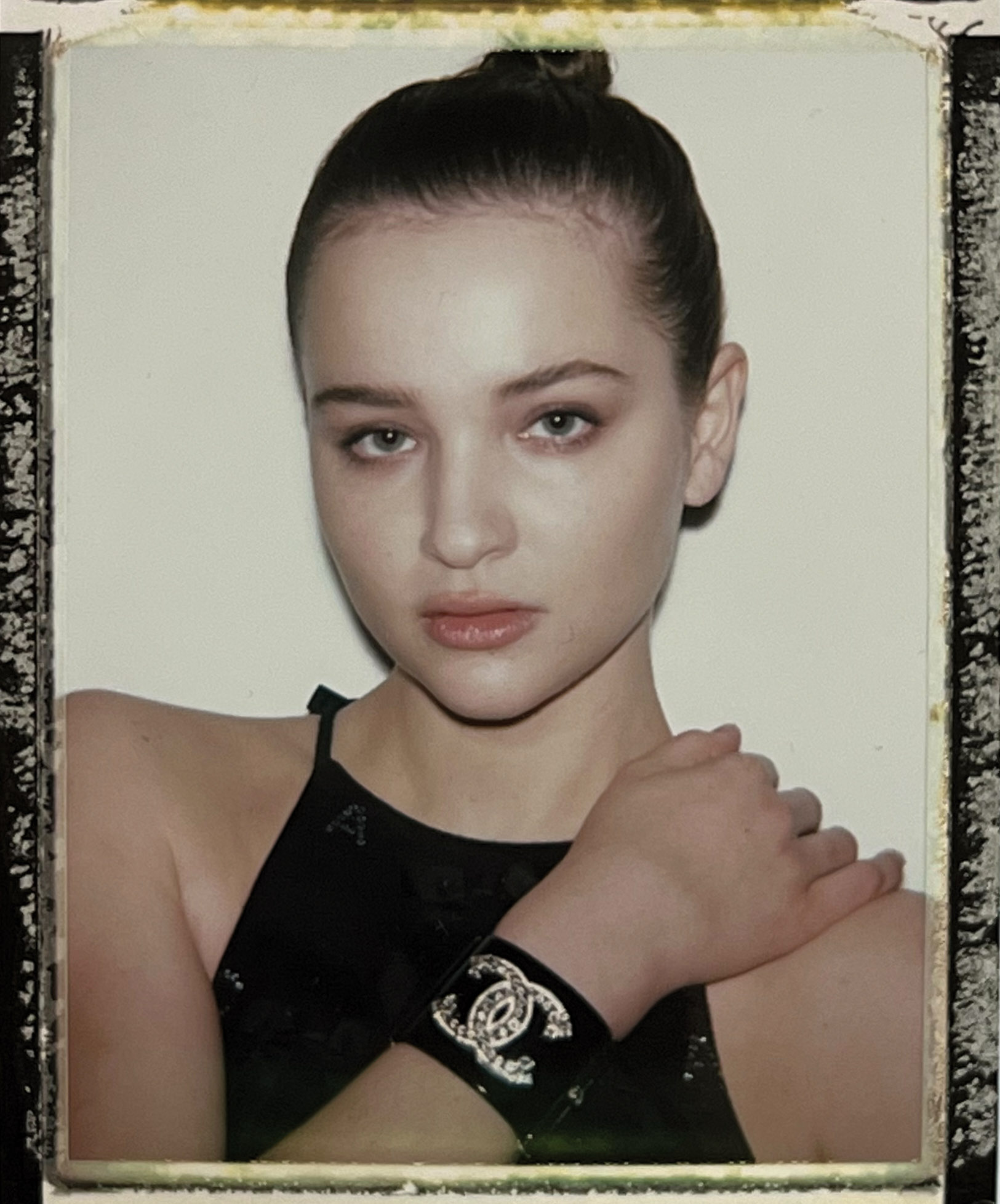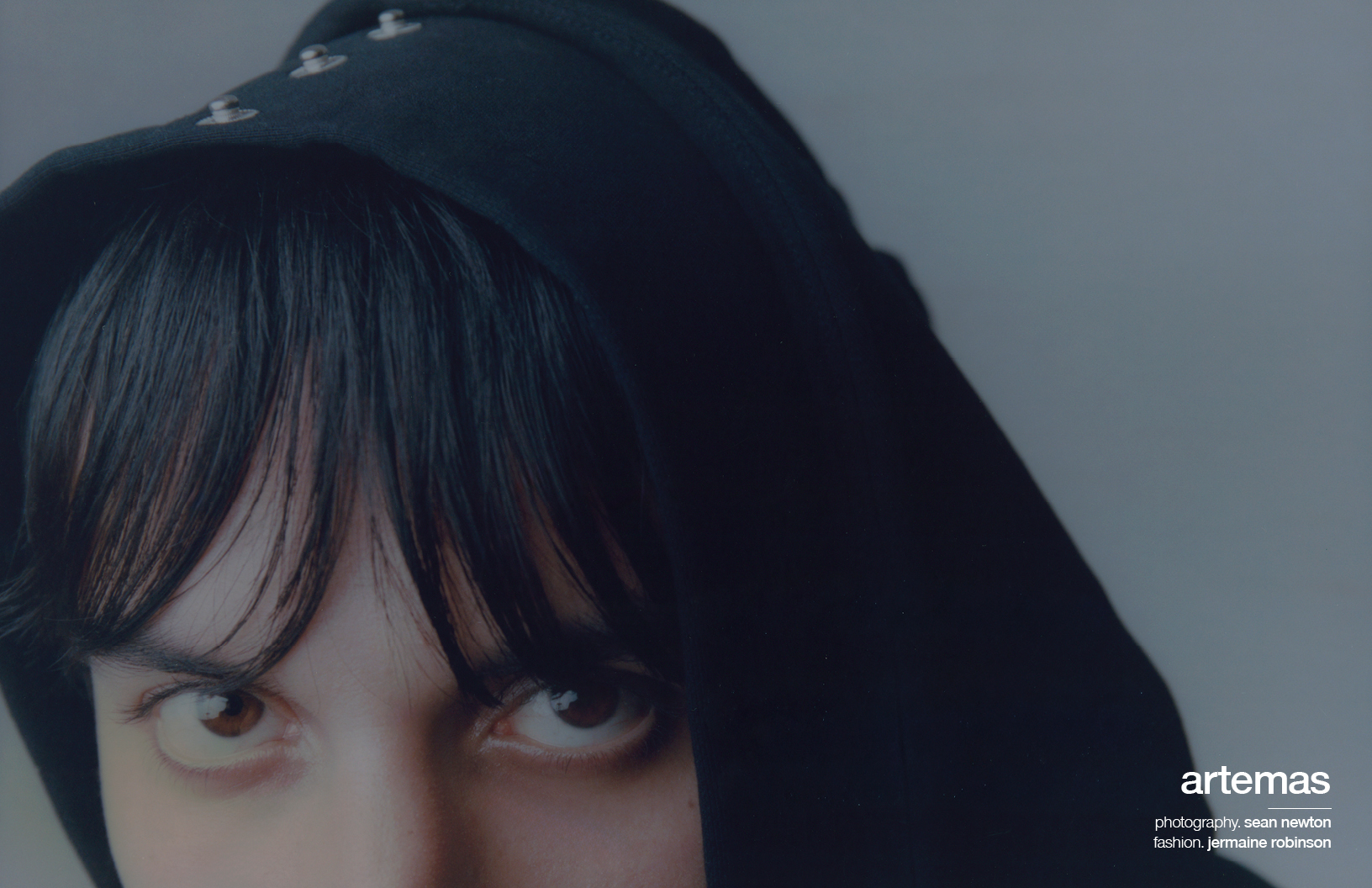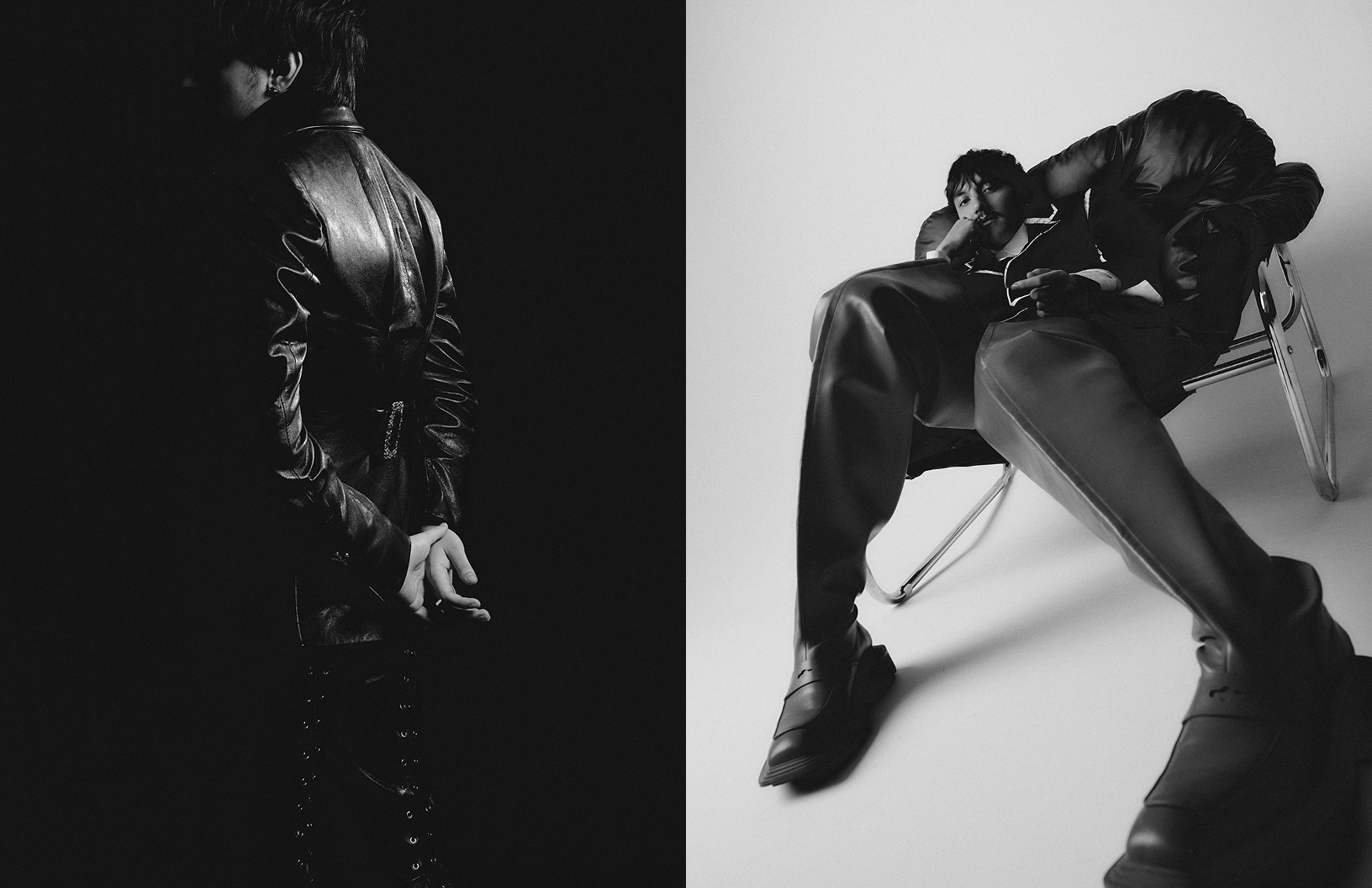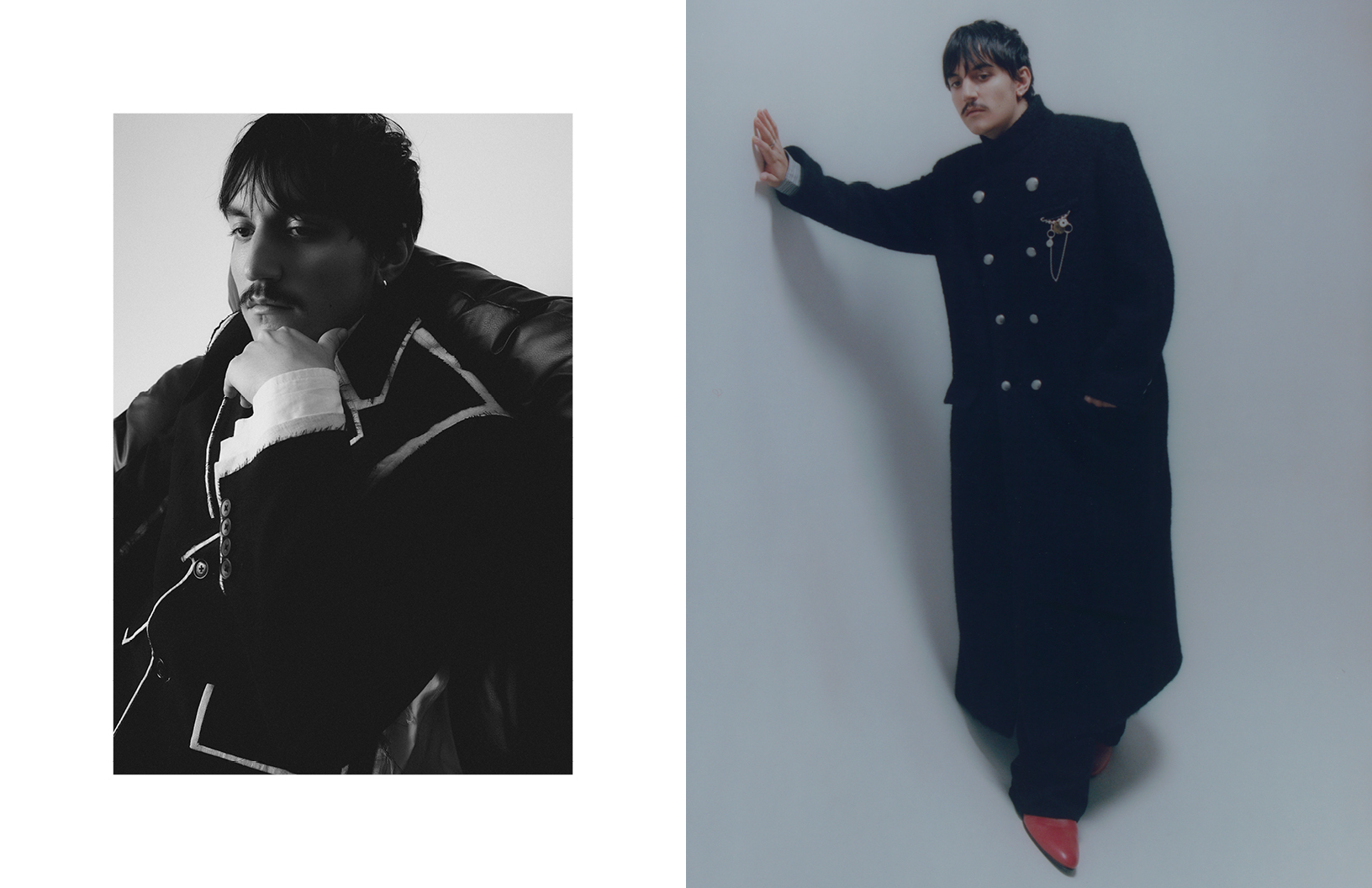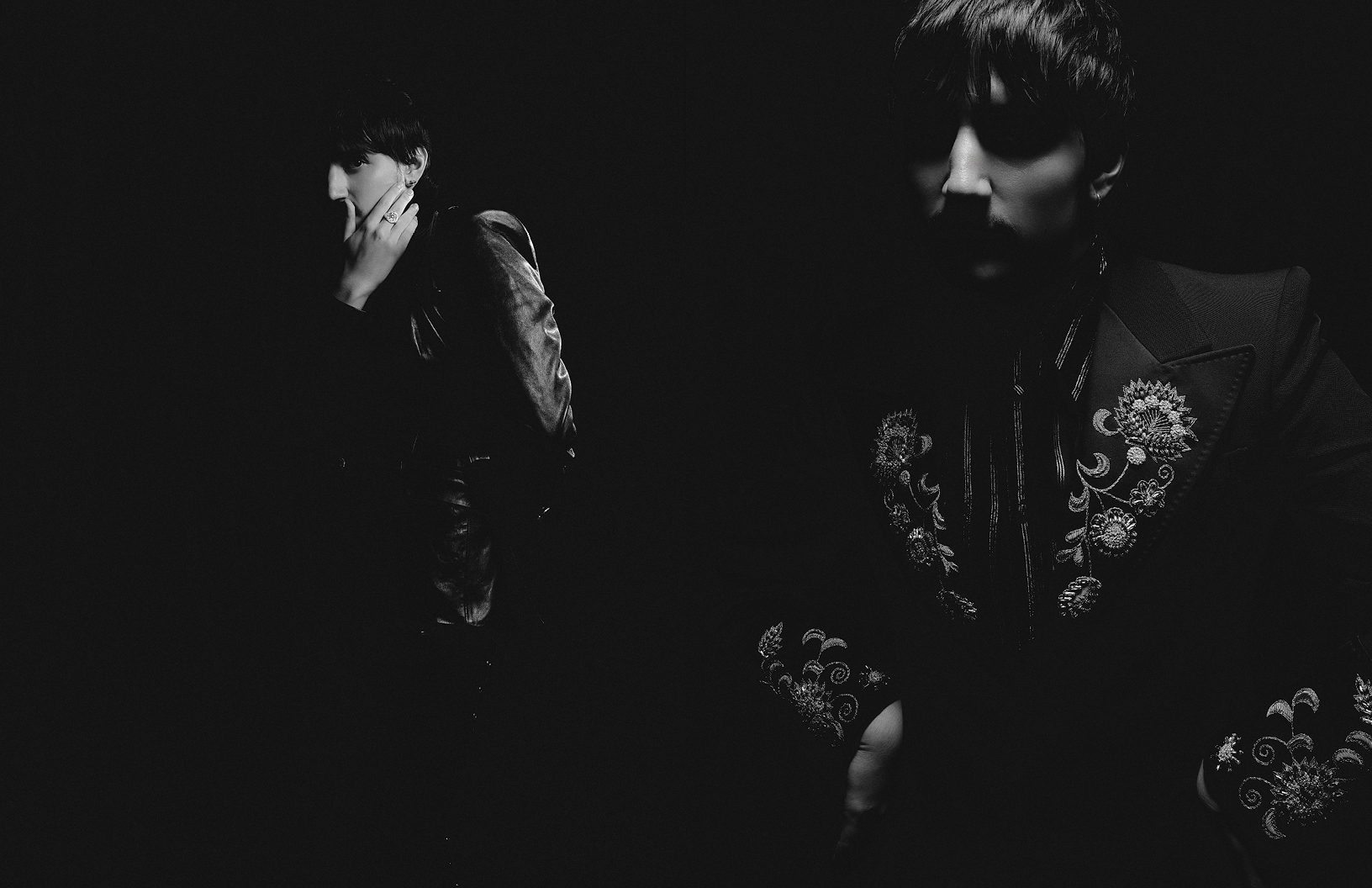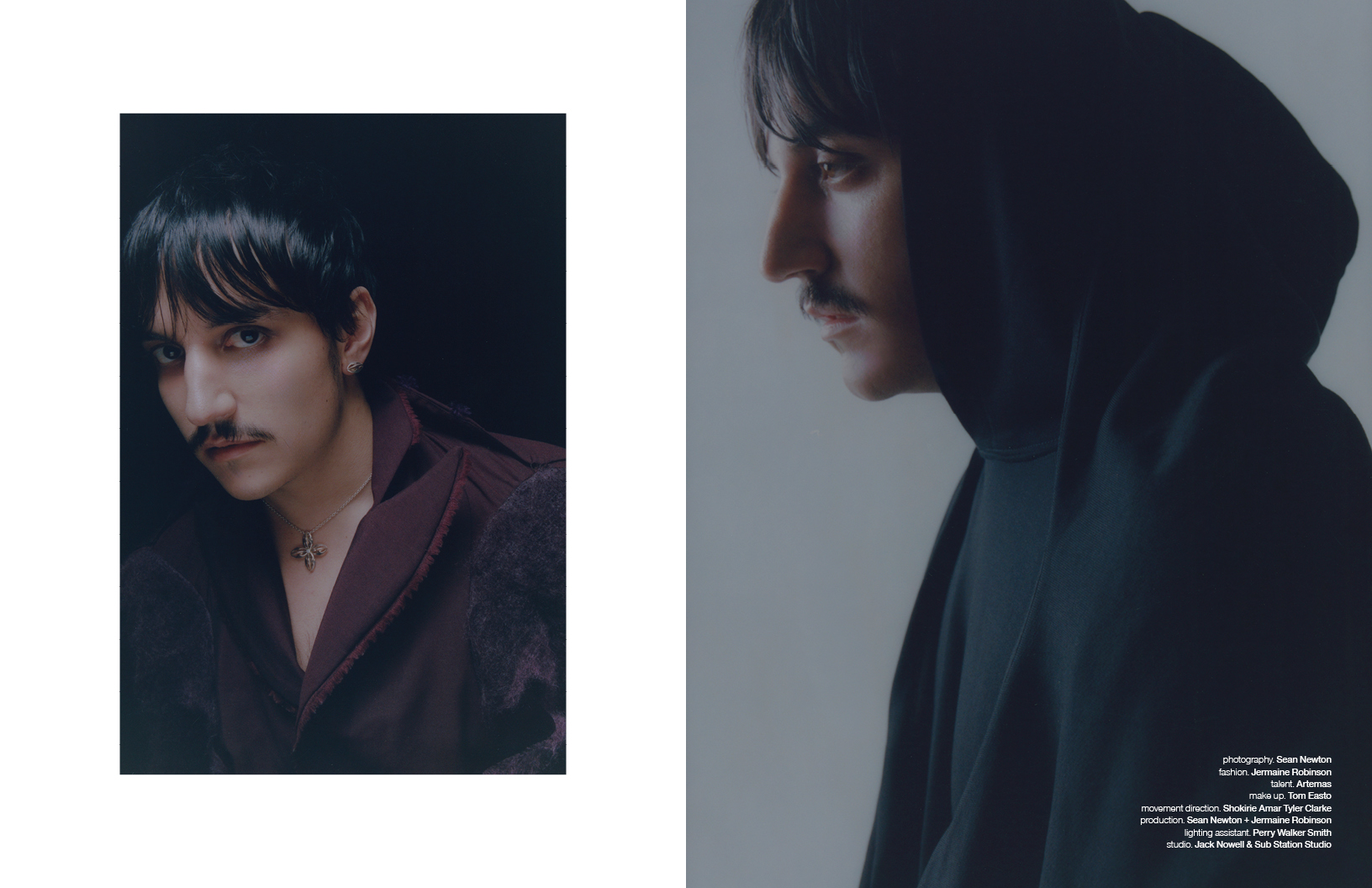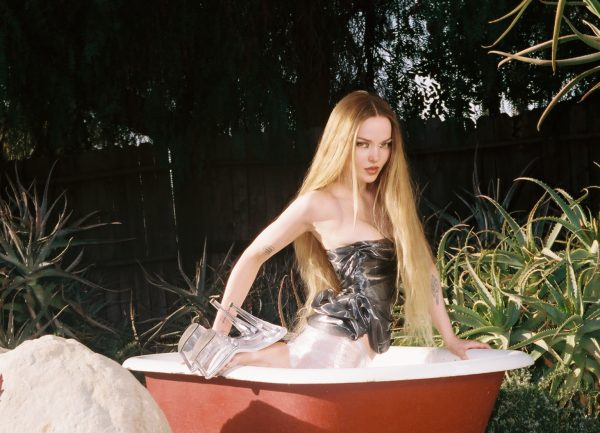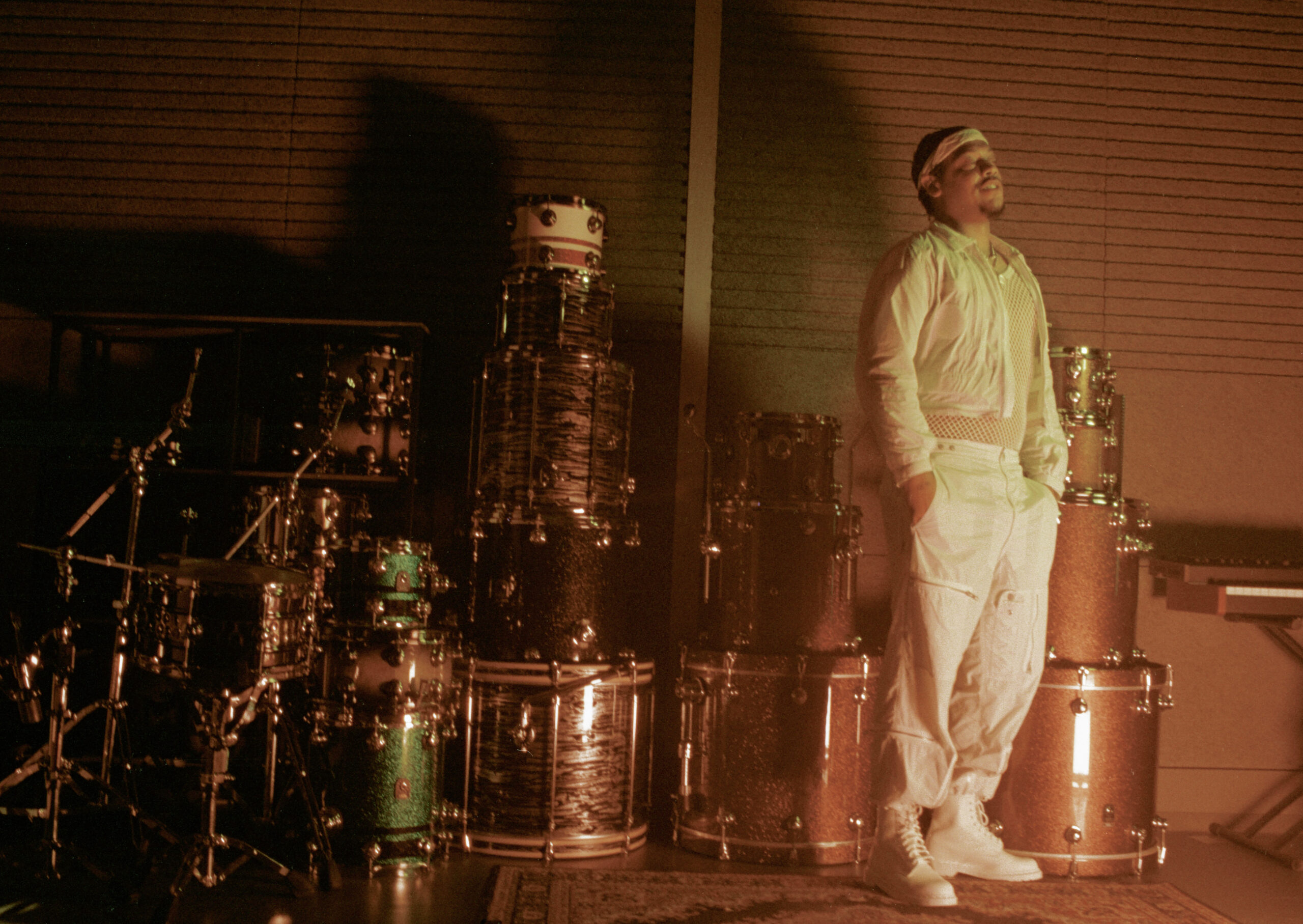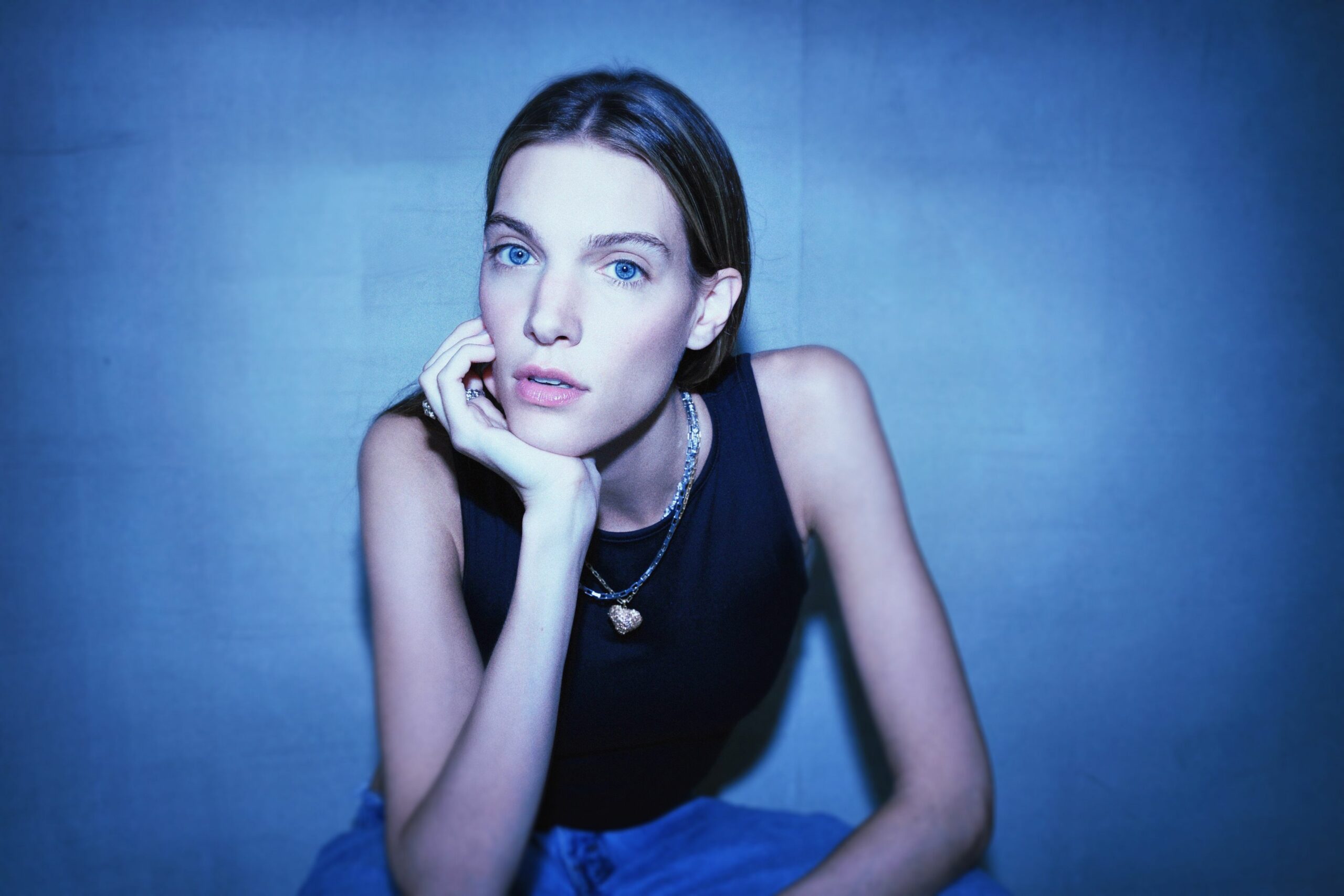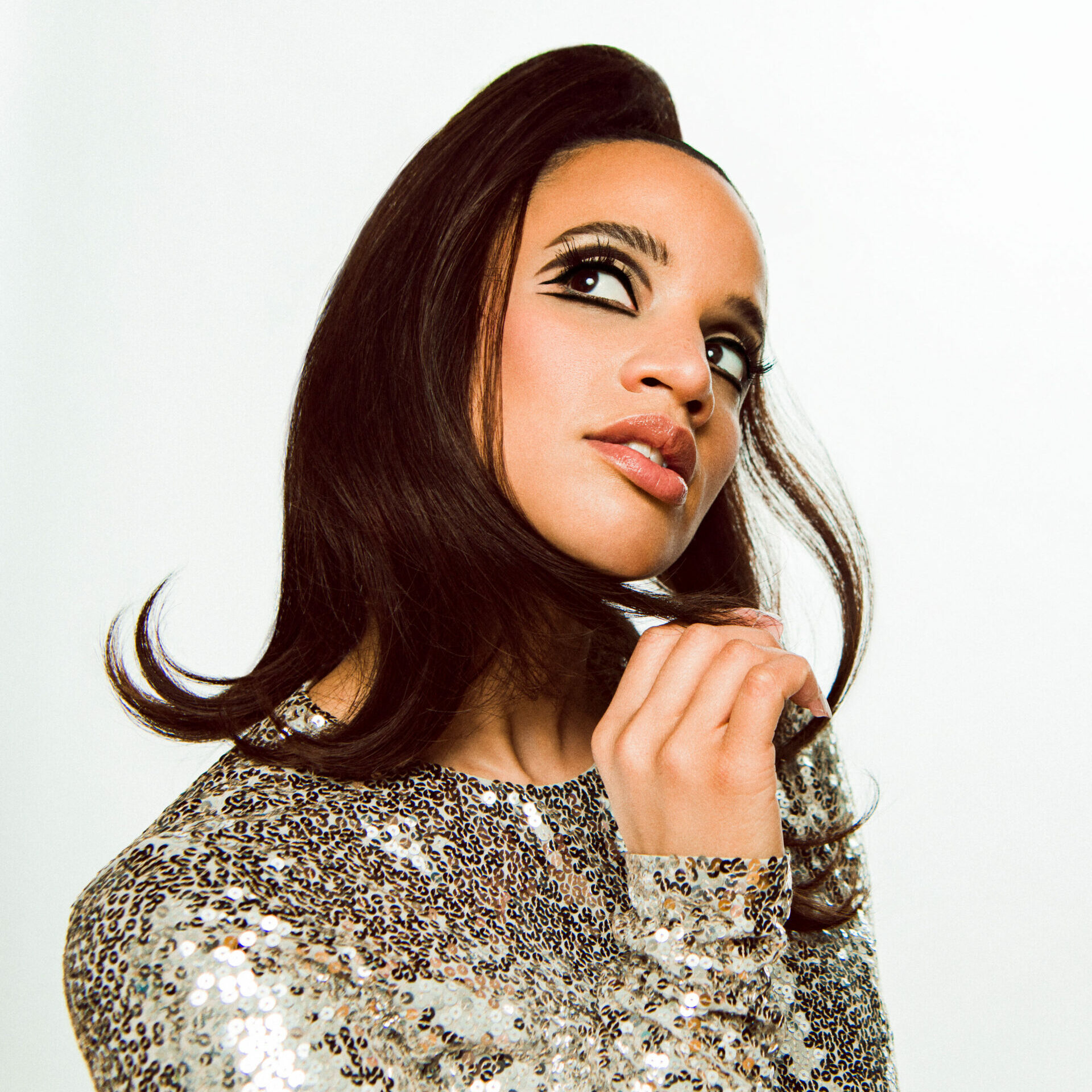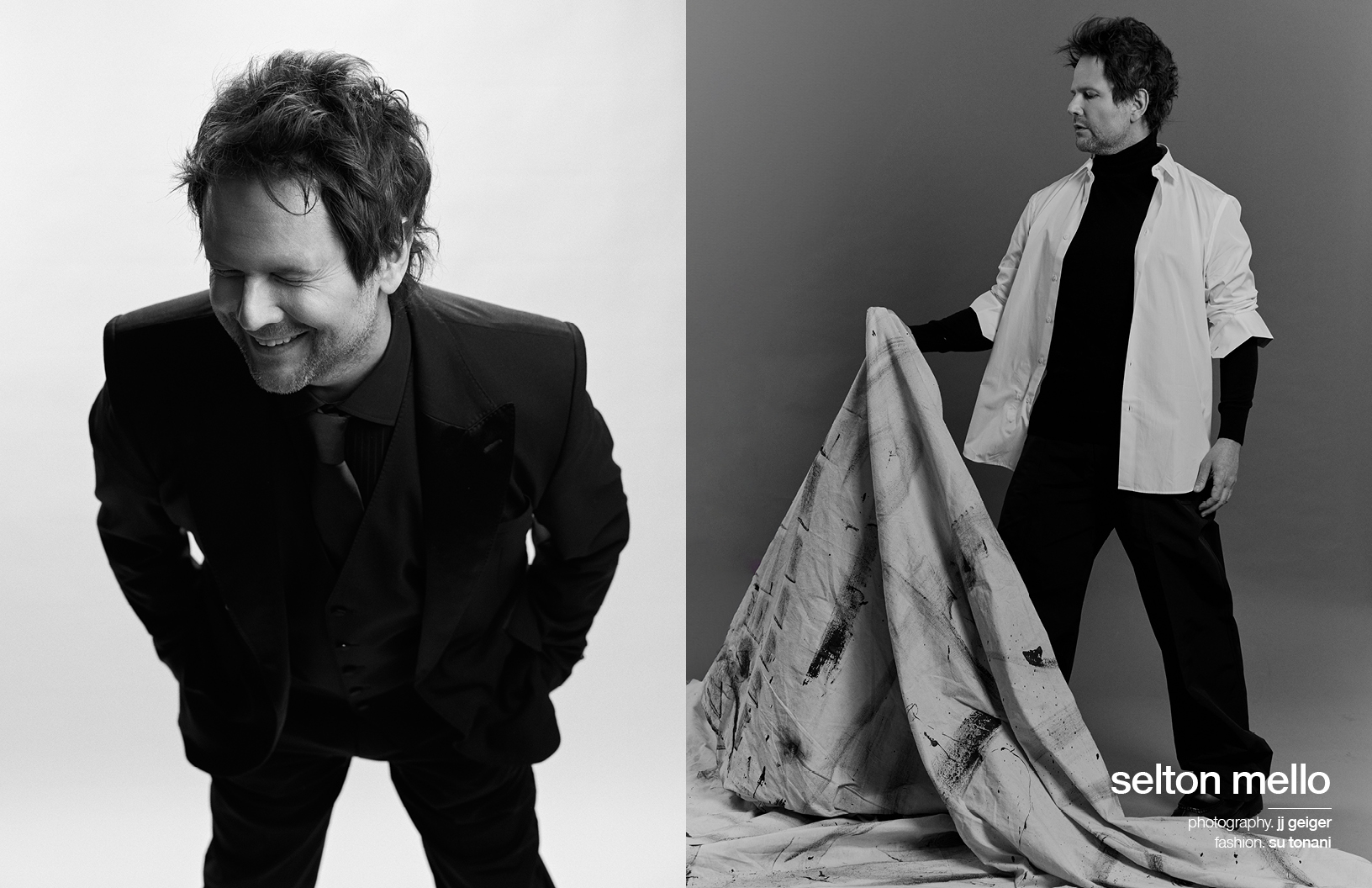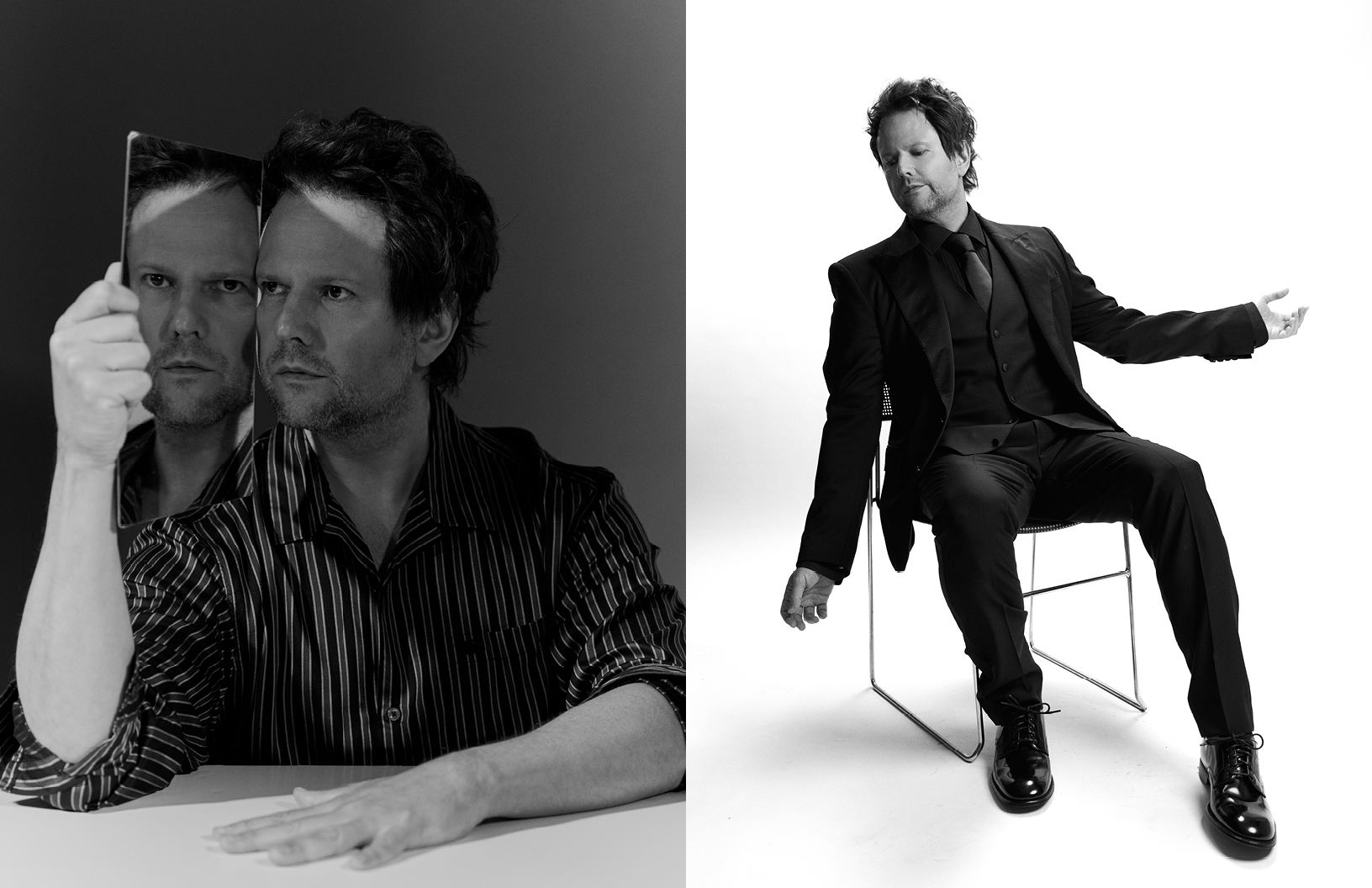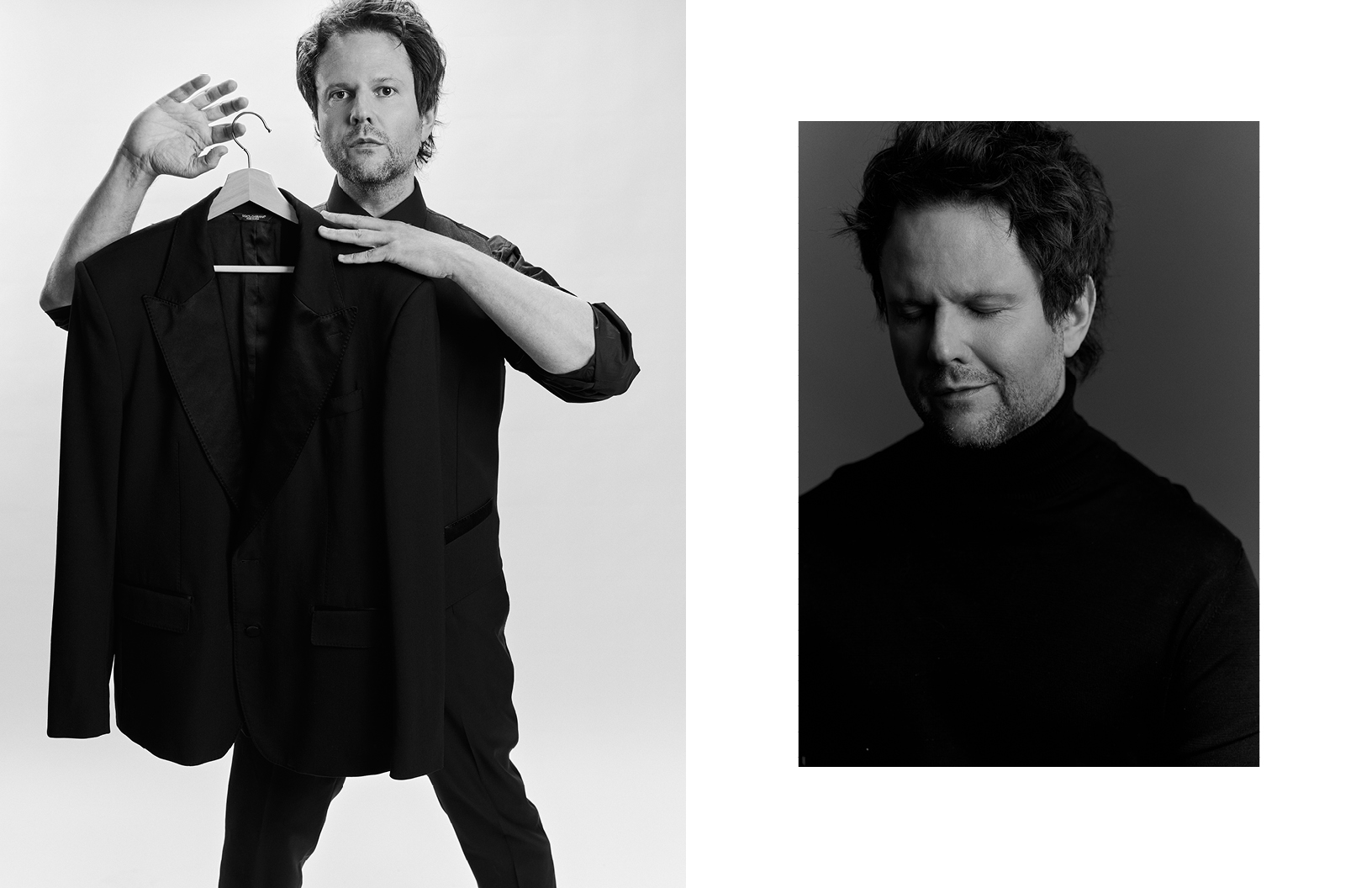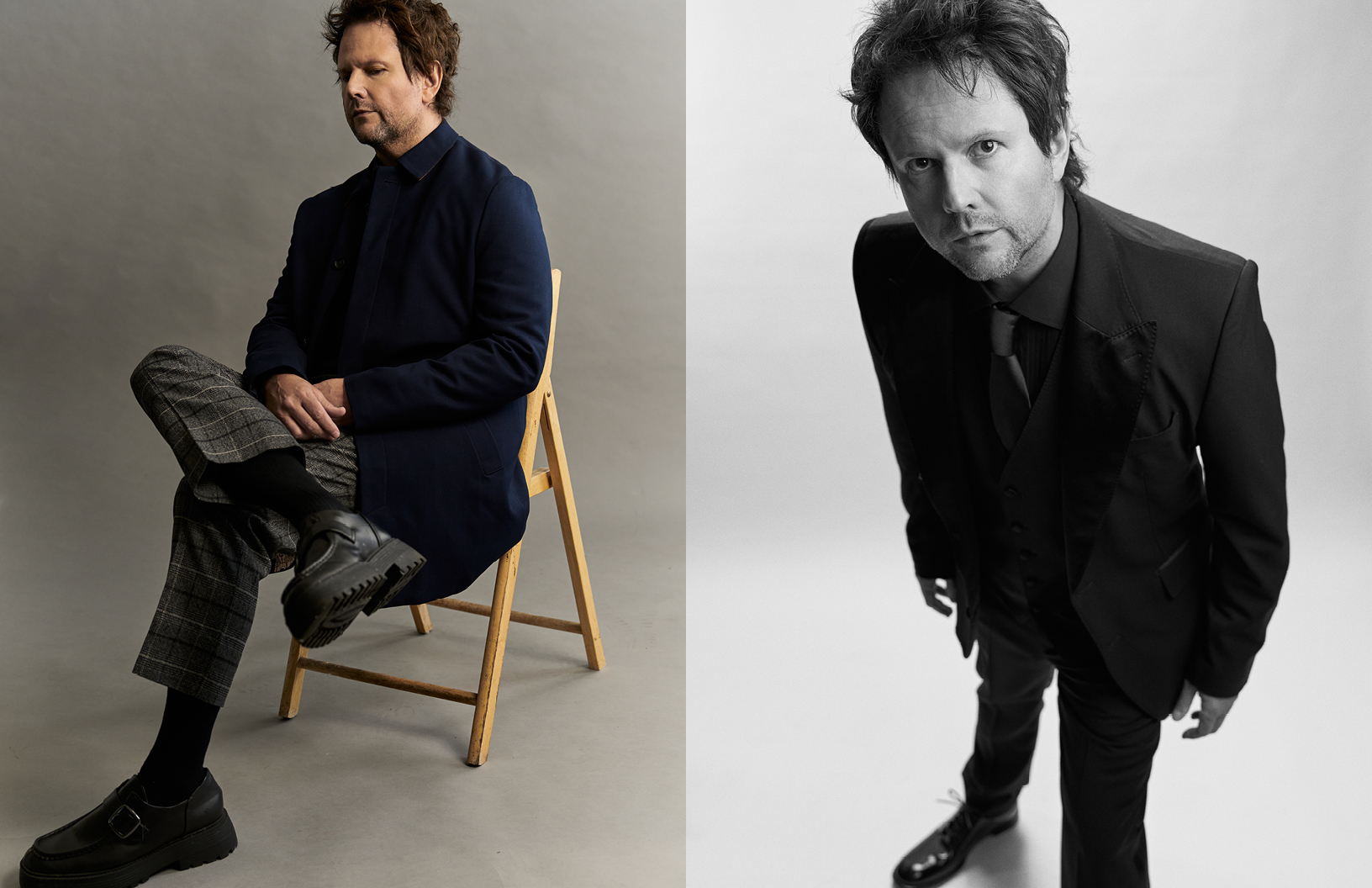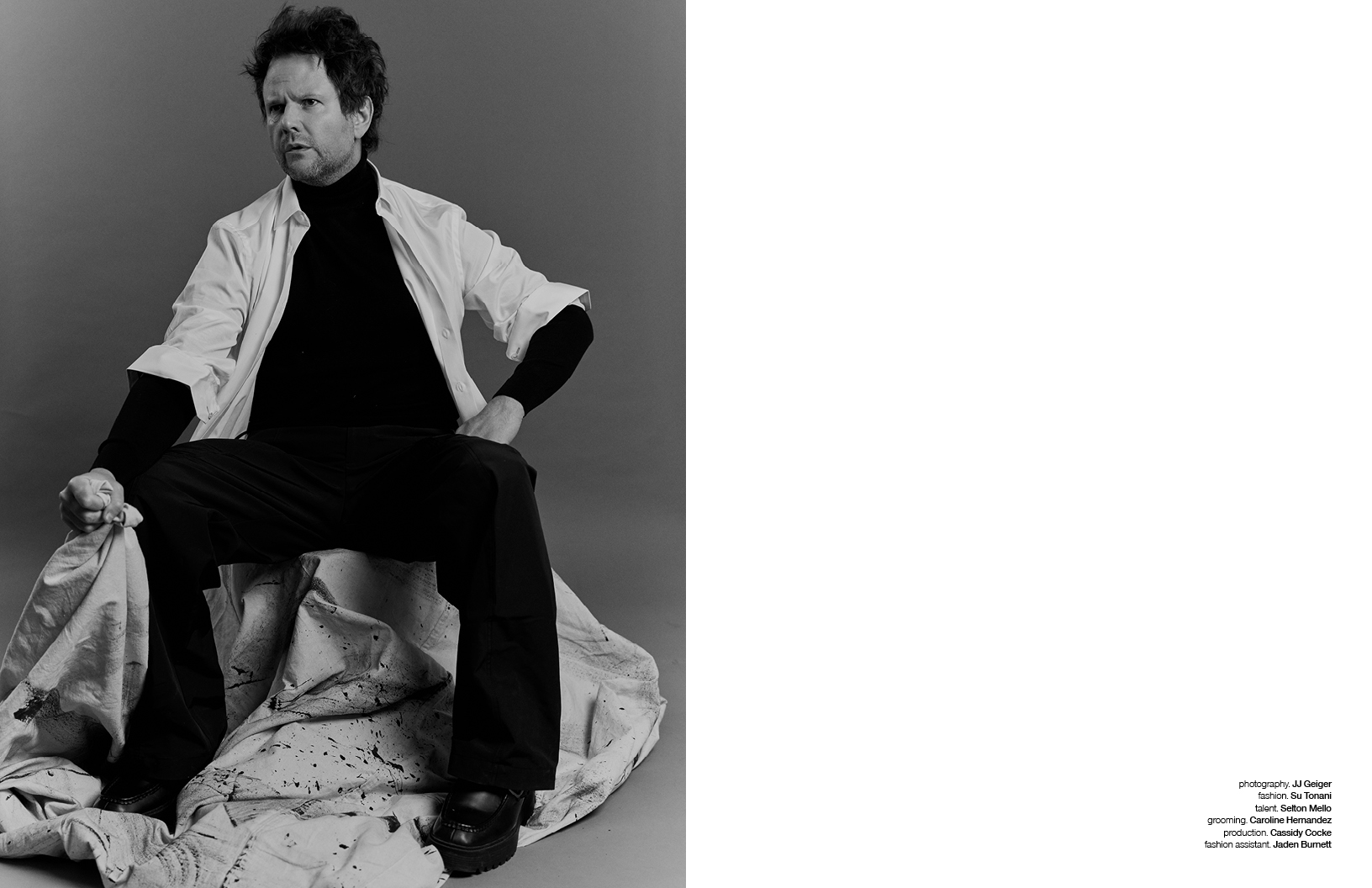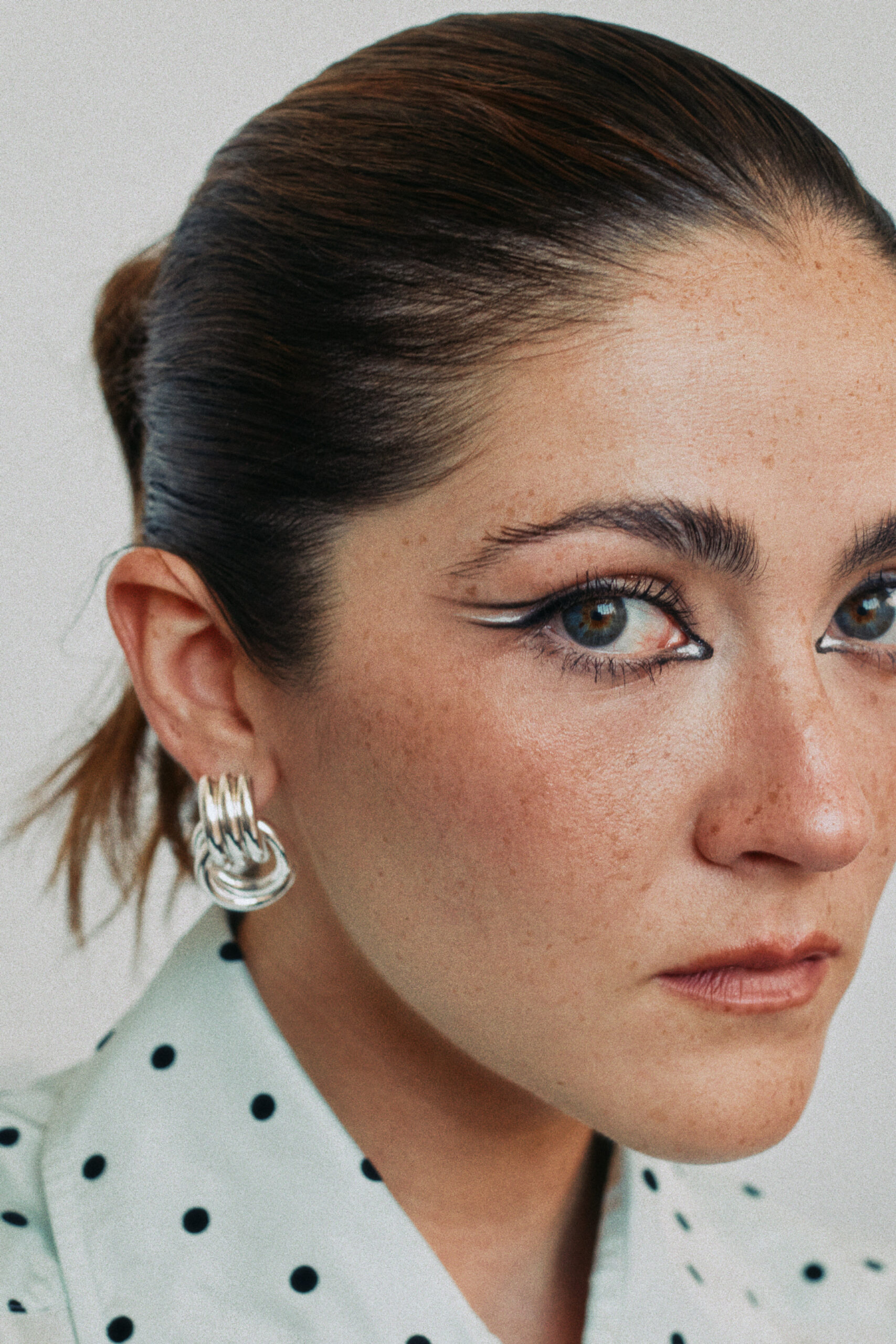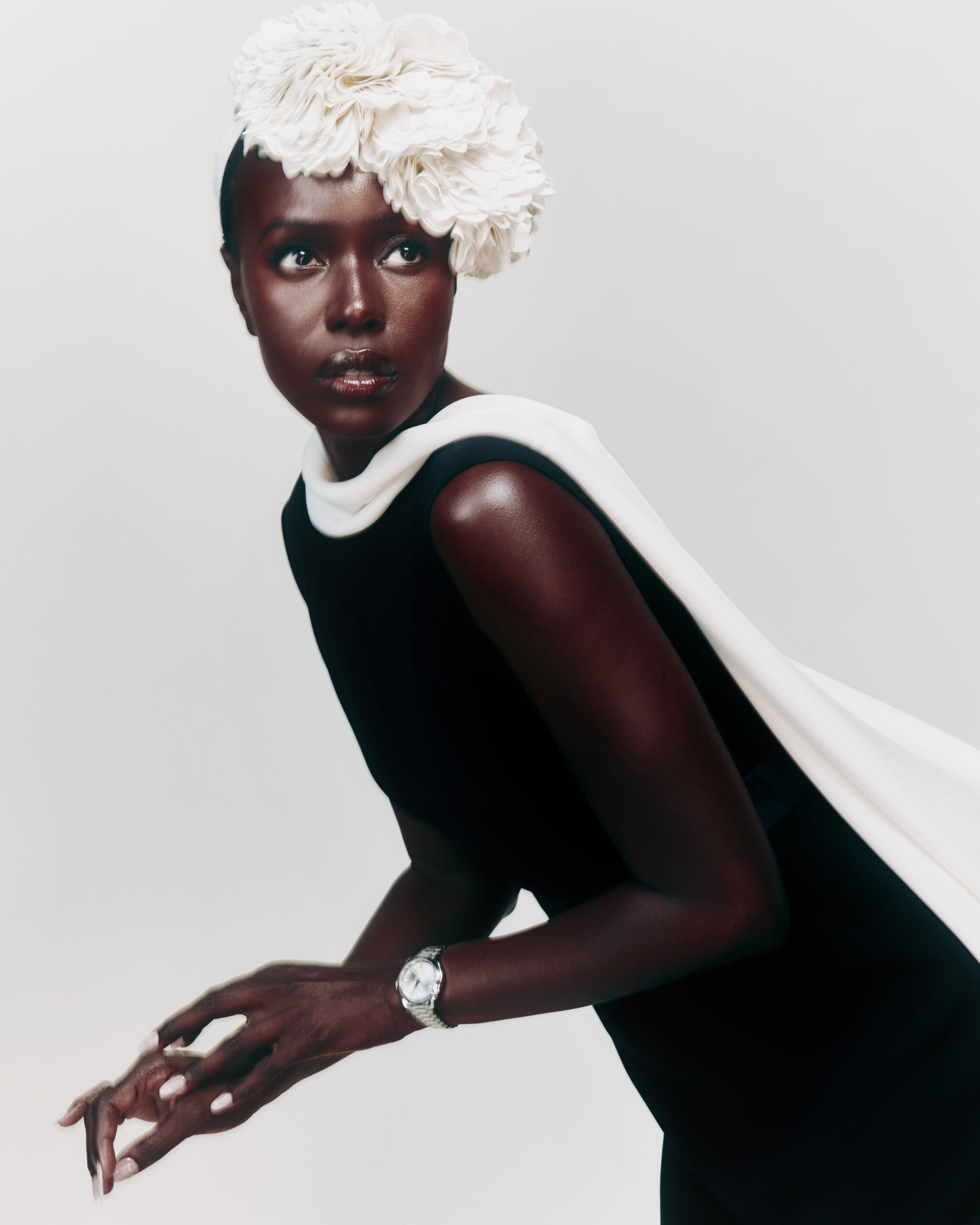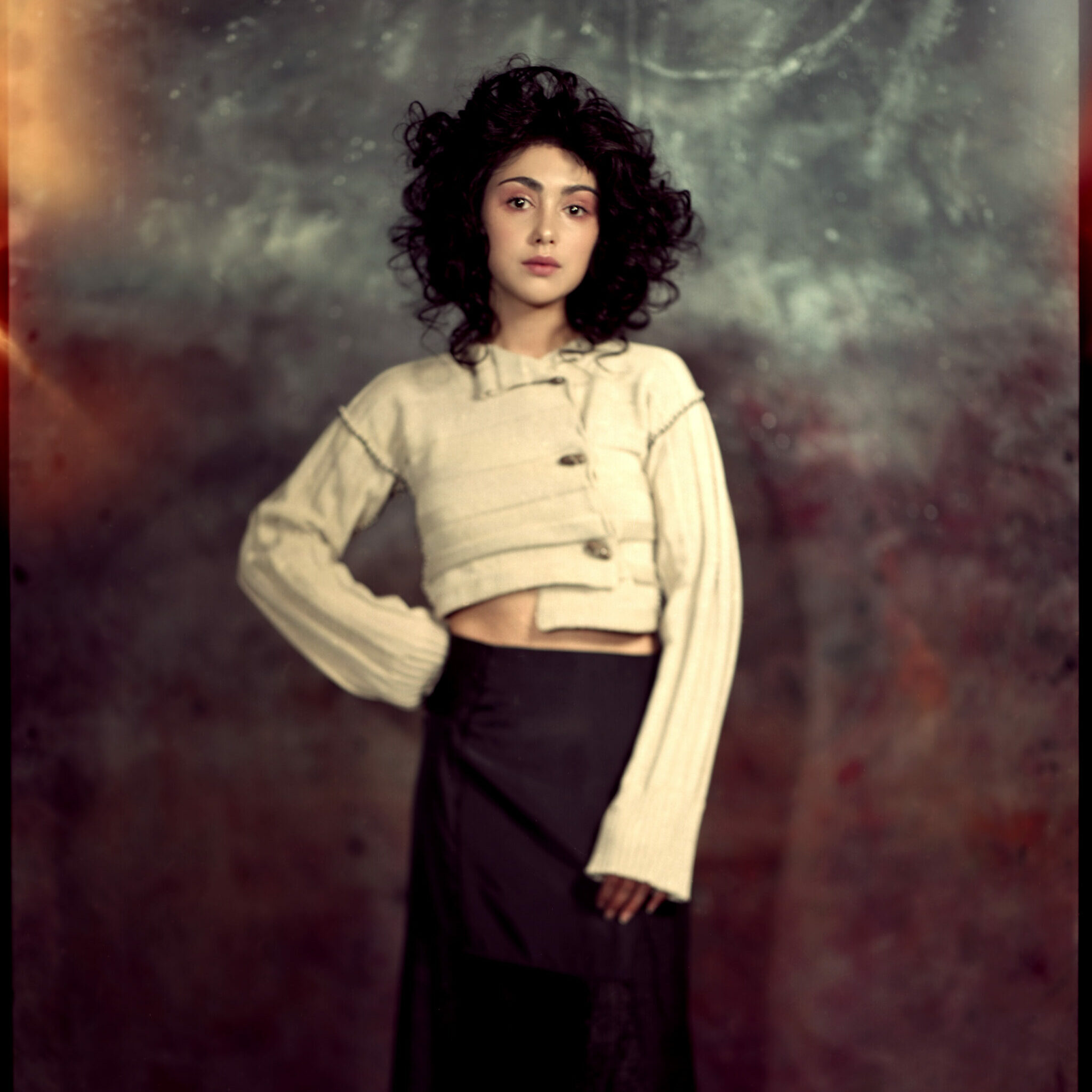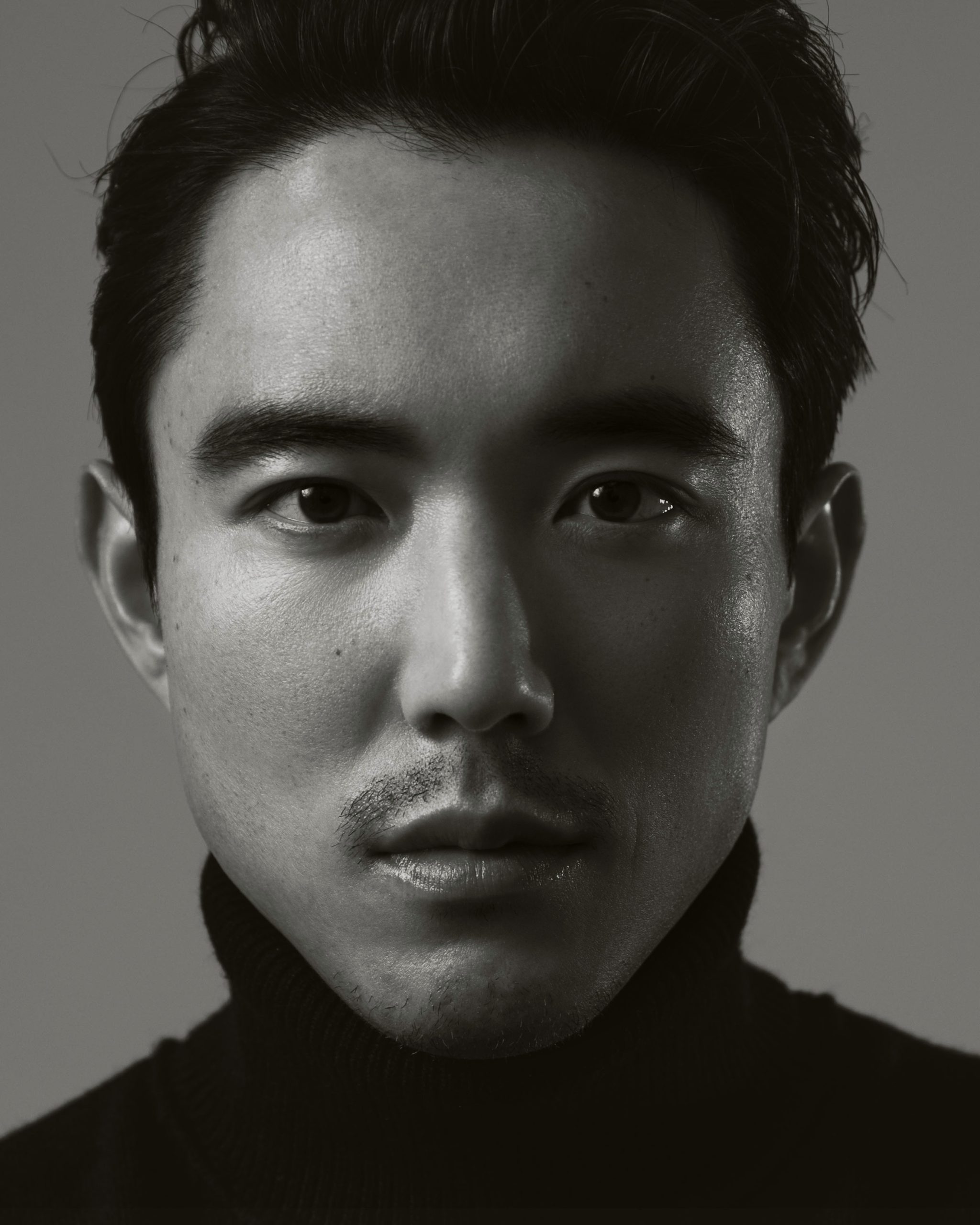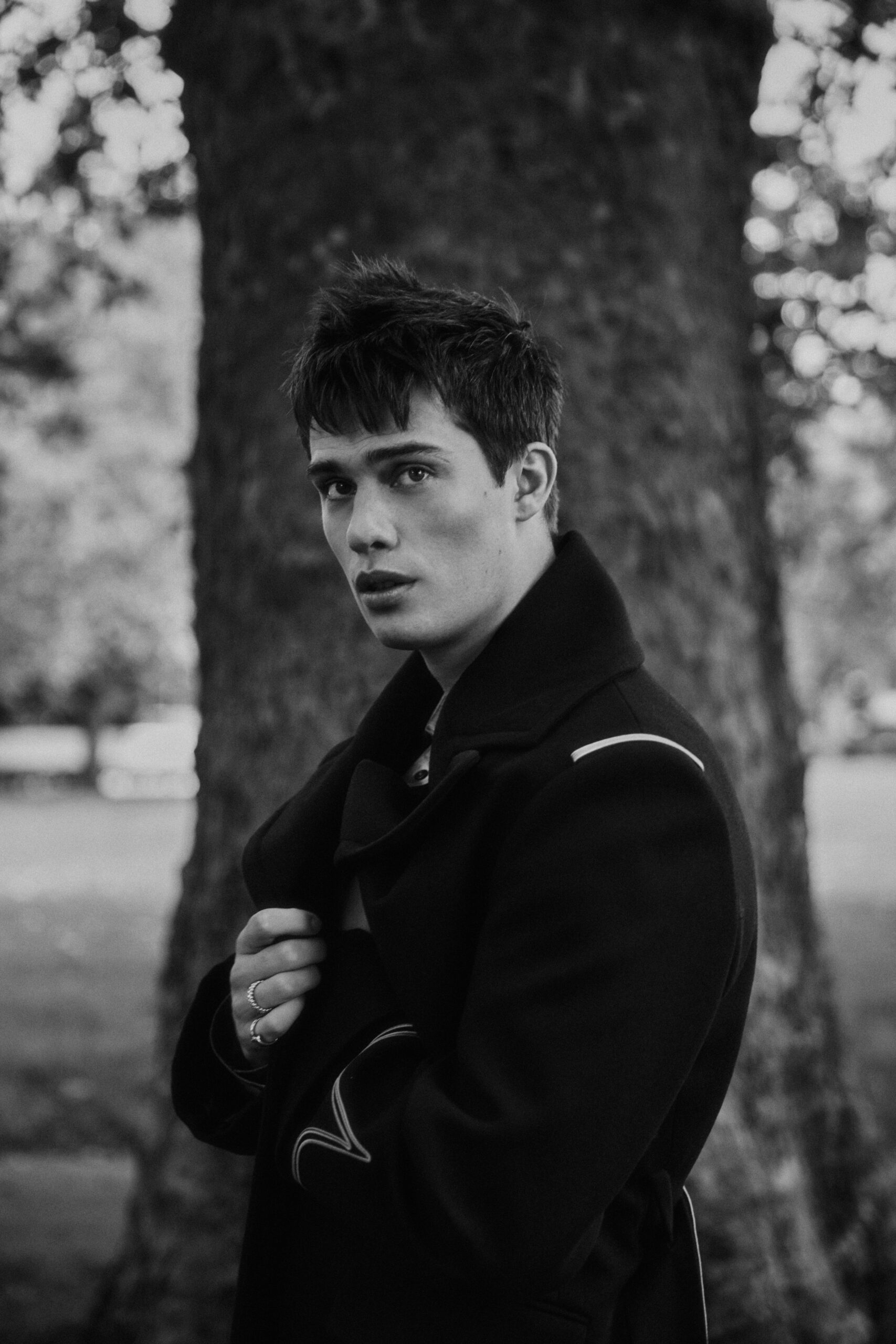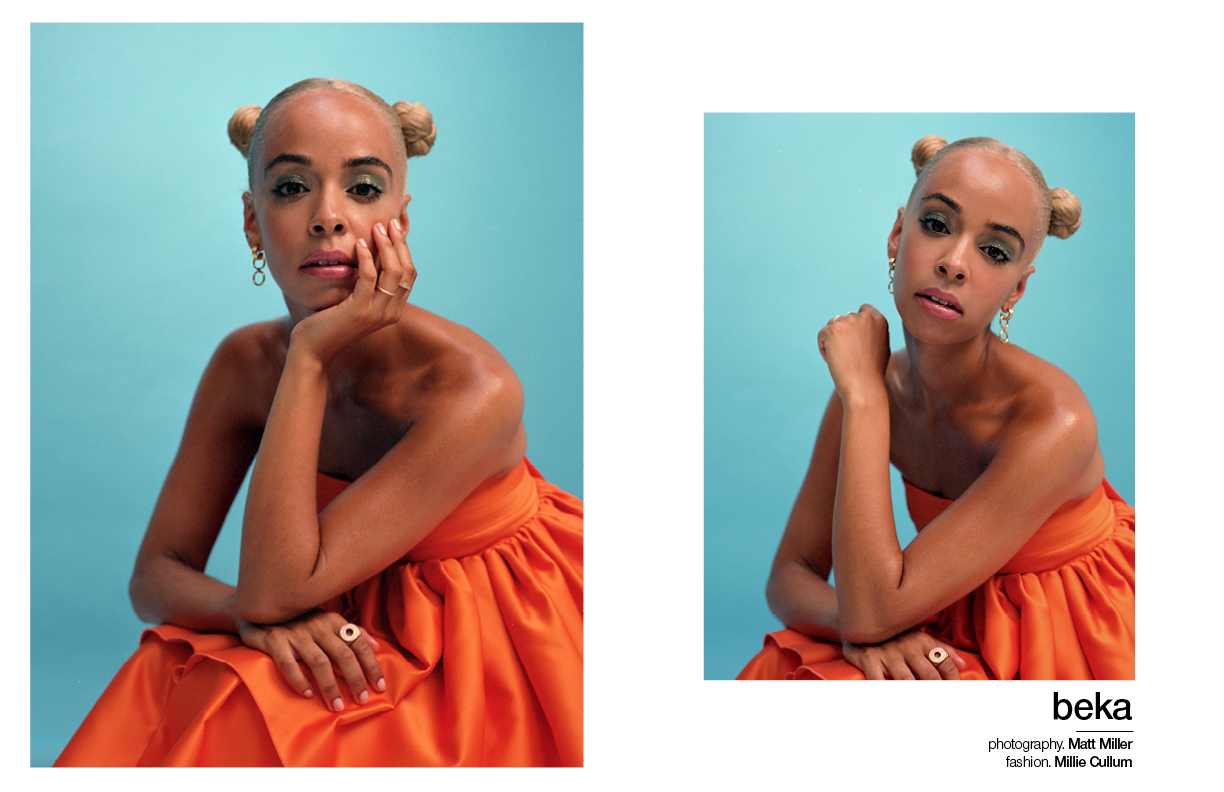
BEKA is a true rarity. Her sound, infused with Neo-soul and R&B undertones, is unique. Her dedication to writing music filled with hope, spreading compassion and using her voice to affect change is not only refreshing but exactly what the world needs right now.
From Nottingham and now based in London, BEKA’s debut single I’ll Be There was written for her husband as a promise to be there for him while he was battling depression. It’s kind, hopeful and real, so it’s no surprise that it has already been played over a million times on Spotify. Her delicate vocals are hypnotising and her lyricism is tenderly relatable. BEKA connects to her growing fanbase across social media, consciously using her platform to spread positivity. In 2020 she started an IGTV series called “Cuppa & A Natter” where she has real conversations about mental health. Her empathetic sound and persona are set to make her one of 2021’s rising stars and fans only have to wait till the end of spring for BEKA’s debut EP I’ll Be There. In a thoughtful interview with Schön! she shares her thoughts on the liberation in vulnerability and how the music industry can authentically diversify.
Your music is both vulnerable and up lifting. How do you want your music to make people feel?
Thank you for saying that. There have been many times where I’ve felt present in sweet nostalgic moments, being carefree. Then the lightness and sweetness goes and life can get serious. The integral things in those ups and downs is having hope and a sense of joy. If my music could make someone feel a joy, liberation, and hope that life isn’t always going to blue – it will get better – someone has empathy for what they’re going through, that it’s okay to sit in the pain, that would be incredible.
Your debut single I’ll Be There was written for your husband. what was it like for you to express such love and vulnerability on this track?
I’ll Be There kind of happened by accident. It was an overflow of what I was experiencing, dwelling on who he is and what was going on for him in his life, and feeling the pain of that. I guess that’s why it was so specific to him. The song can surprise me. Recently I had to sing the song live and practising on the way I found myself crying. It acts as both a time capsule and a comforter to myself and him. The song carries a lot of emotion for me. It’s also a song to myself in many ways. It is a reminder to keep going.
You have a collaborative relationship with HONNE, first working with them as a backing vocalist and now they are producing your EP. How has this relationship shaped your sound?
HONNE have been a safe space for me. They’ve helped steer the sound fundamentally by helping me feel liberated as a person. The music I am drawn to is vibey and emotive and HONNE create music that taps into emotion. It felt natural to draw on that when writing. When my solo project started I had some time with my brother who is a producer. We’d go through the music I’m drawn to and form a sound palette, so when it came to sessions with HONNE, we had somewhere to start from sound wise. Without that it would have been more difficult but going in I had a strong sense of direction which was exciting. It all flowed easily.
Your empathetic approach to your music extends to your social media presence where you have honest chats about mental health. Why was this a priority for you and how have you found engaging in public discussions about mental health?
The mind is the starting place for many things in our lives, so ‘how do we keep it healthy?’ is a conversation that we all can engage in. My initial songs were written about real things that were going on in my life and it just so happened that mental health was the first ‘topic’. These conversations can be powerful, evoke empathy and facilitate understanding. When we hear people’s experiences, we feel compassion and care. I have an innate curiosity around these topics. Living around somebody who was really battling with their mental health, and looking at myself and my own mind, I wanted space for this topic and so “Cuppa & A Natter” was born. Maybe using Instagram Live means we can digest them in the privacy of our own home. We feel less exposed and maybe that’s the safer place for us to unravel the things we’re dealing with.
Your debut EP I’ll Be There will be out in May. What was your creative vision for this EP?
The initial vision was connecting us to things that make us human, that we all go through. The fact that we’re on a planet in the middle of the universe is something I always find mind blowing. There is something about the wonder of our existence and people that really excites me. I wanted the songs to be a nod to liberating ourselves as humans and people to allow ourselves to feel and express our raw emotion. I wanted to push past the ‘shoulds’ and ‘coulds’ and really just feel alive. The vision was connecting myself to wonder and having conversations around things that make us people and care and have connect.
Your sound is decidedly unique and refreshingly new. What do you feel you are doing differently to other artists today?
Each artist has their own thing because they’re all individual. I hope to get over the smoke and mirrors and use the platform for observing, speaking up and making space for people to be, feel seen and known. I’m really inspired by those who have gone before me and hope to make music that I’m proud of with different kinds of people talking about our differences.
How do you feel your identity is expressed through your music?
Being mixed race and from a multicultural background, I often felt I wasn’t sure where my spot was. I was trying to figure out my place being brought up in the UK but with parents who are from different parts of the world. I had a really dynamic, eclectic mix of experiences, genres and visuals that made up those formative years. It’s an important part of my identity. I try and feel liberated and excited about life. I hope that my music gives off that energy.
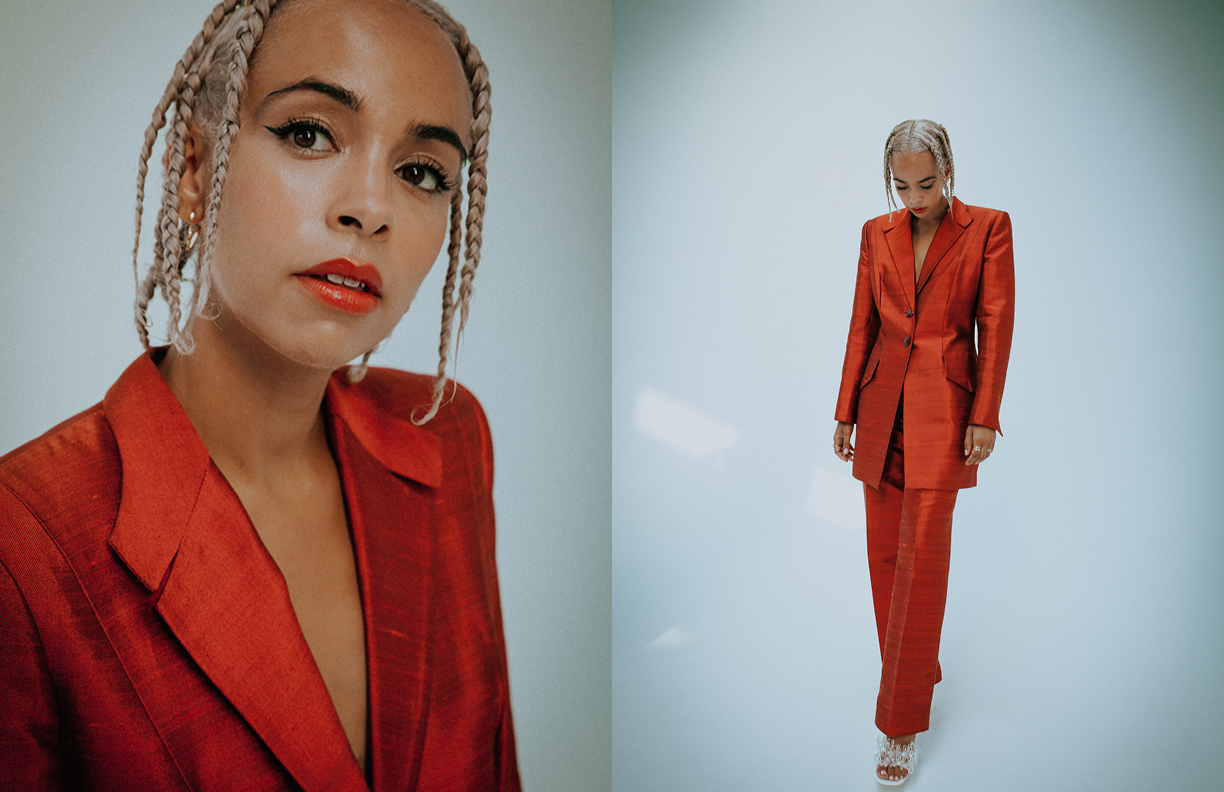
What changes would you like to see in the music industry and is there anyone that you find particularly inspiring?
I’d love to see female empowerment championed in ways that don’t just look like decisions made by middle class men around a table. To see people from different cultures, races and backgrounds represented as the people at the top. Also, to see labels prioritising putting money towards their artists’ wellbeing and investing into coaching and therapy, as an integral part of looking after their acts. If your industry invests in people then what better way to sustain that “investment” than looking after the people making the projects and working around them. I’d love to see people who have the influence mentoring people who don’t and [mentor those who don’t] look or feel the same as them and ultimately diversifying where we work. I think without intentional mentoring it can be hard to see change..
Before you started releasing solo music, you worked with HONNE. How have you found releasing solo material and what have you found challenging?
Releasing solo material has been so liberating. Much of the project is me following my instincts. Having that magic where I can connect something that’s been going on in me with a bass riff that becomes a track is indescribable. It’s so freeing to get to say what I’d like to say. I usually have a strong sense of vision for how I’d love things to sound, look or feel but sometimes I struggle to have the right words to get it there. Through solo music I’ve [learned that] I have to trust myself and not compare myself. That’s a challenge. Trusting my gut, having the right people around me that I can trust and help navigate me when the other voices in my head are super loud.
You were raised on music from the likes of Stevie Wonder and Chaka Khan. How do you feel this has influenced your sound?
Those guys are everything. I admire that pioneering energy artists like Stevie, Quincy Jones or Chaka had, Being confident, bringing in strings, orchestral lines, huge baselines and emotive lines that aren’t conventional but so catchy. [I listened] to Stevie Wonder again recently with more of a writer’s ear. He writes about such evocative yet normal topics that you can only respond with a sense of connection. His writing, like Quincy Jones, observes the world they live in. They write about them with a non-judgemental tone; I have so much respect for that. Sound wise their emotive synth lines and nostalgic heavy guitar solos with those 80’s toms we all love have definitely impacted my sound.
Your debut single came out in 2020, what was it like to be releasing music amidst the chaotic landscape of the world right now?
It has felt strange but amazing. The songs have felt appropriate for what were going through. Meeting labels, getting signed, releasing music in a pandemic has meant I’m tuning in to my ‘important’ zoom meeting and someone’s in their home clothes drinking a tea. Having the stillness of everyday being at home allowed me to work through some of the trickier feelings, having to be brave or get over imposter syndrome, or make decisions that are challenging. It’s been helpful to have stillness.
With your upcoming EP, it is clear that 2021 is going to be a big year for you. What are you most excited about?
I’m really excited to have a show where there are people in the room and I can see their faces and sing songs with them and dance together and feel that magic connection. I can’t wait to be able to travel again and be back in countries that I really love that inspired a lot of the lyrics [on] the EP. And [to] be able to have a Cuppa and A Natter with people in other countries and ask about things that we all go through: love, heartbreak, purpose, our minds and ask about their experience in other cultures. It couldn’t come soon enough!
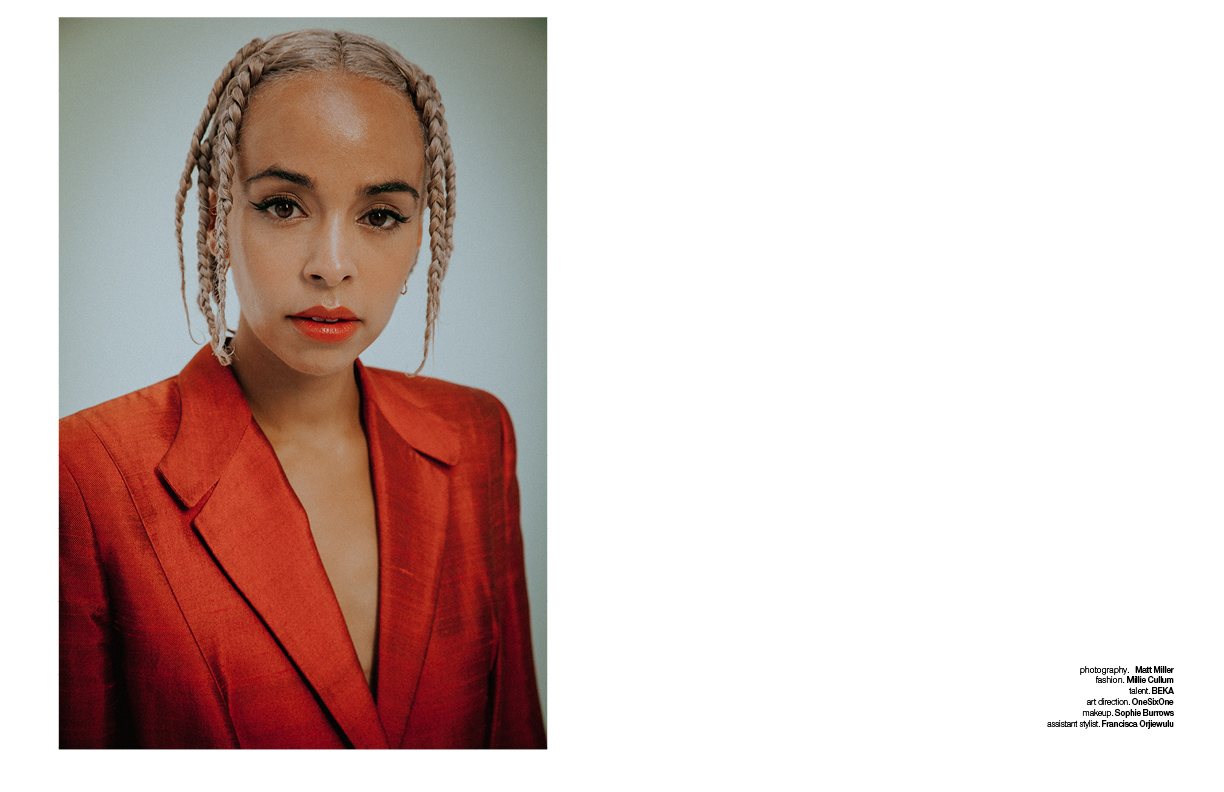
Check out BEKA’s debut EP ‘I’ll Be There,’ out on 7 May.
This Schön! online exclusive has been produced by
photography. Matt Miller
fashion. Millie Cullum
talent. BEKA
art direction. OneSixOne
makeup. Sophie Burrows
fashion assistant. Francisca Orjiewulu
words. Marni Rose McFall


Schön! Magazine is now available in print at Amazon,
as ebook download + on any mobile device




